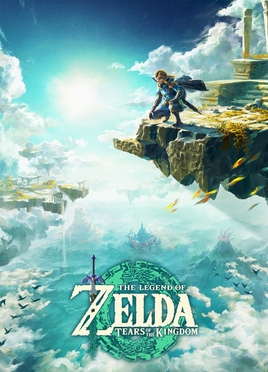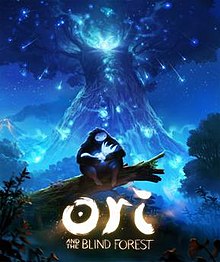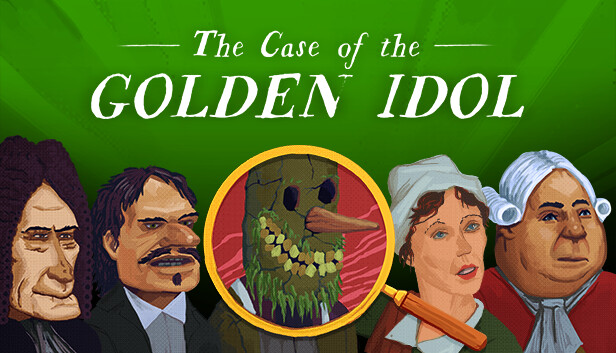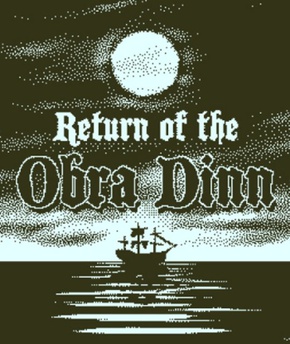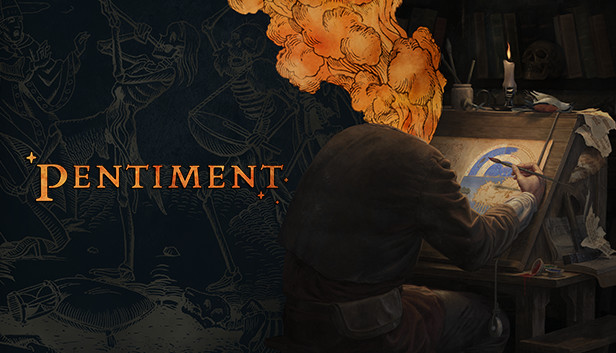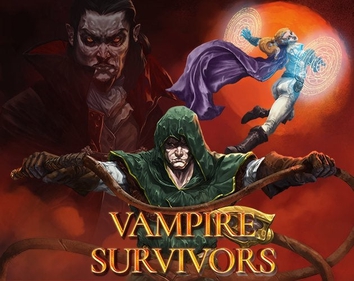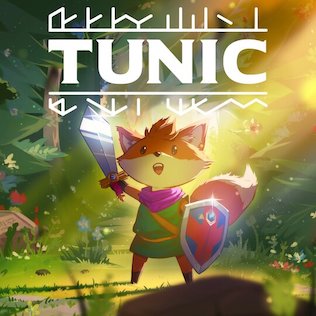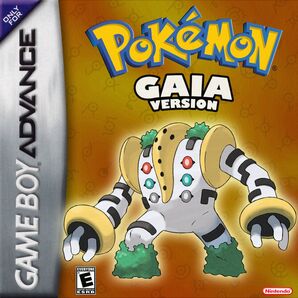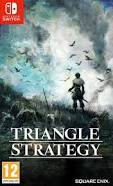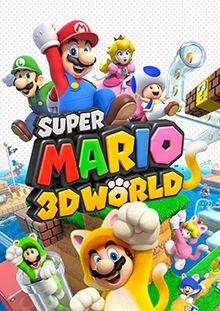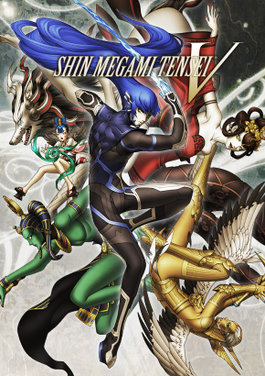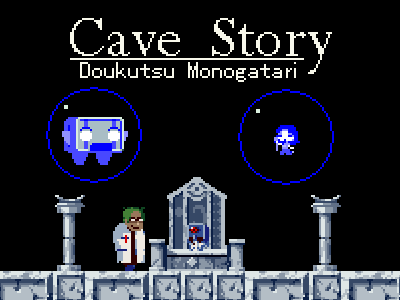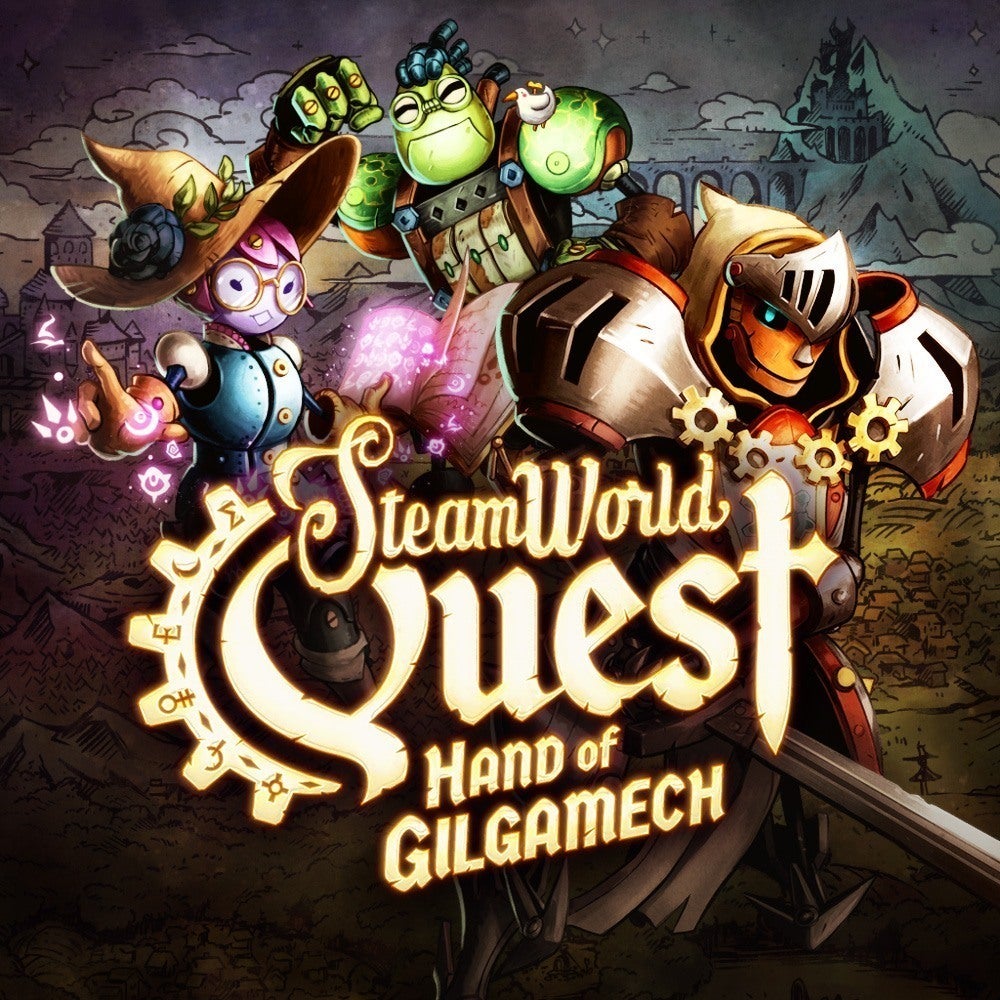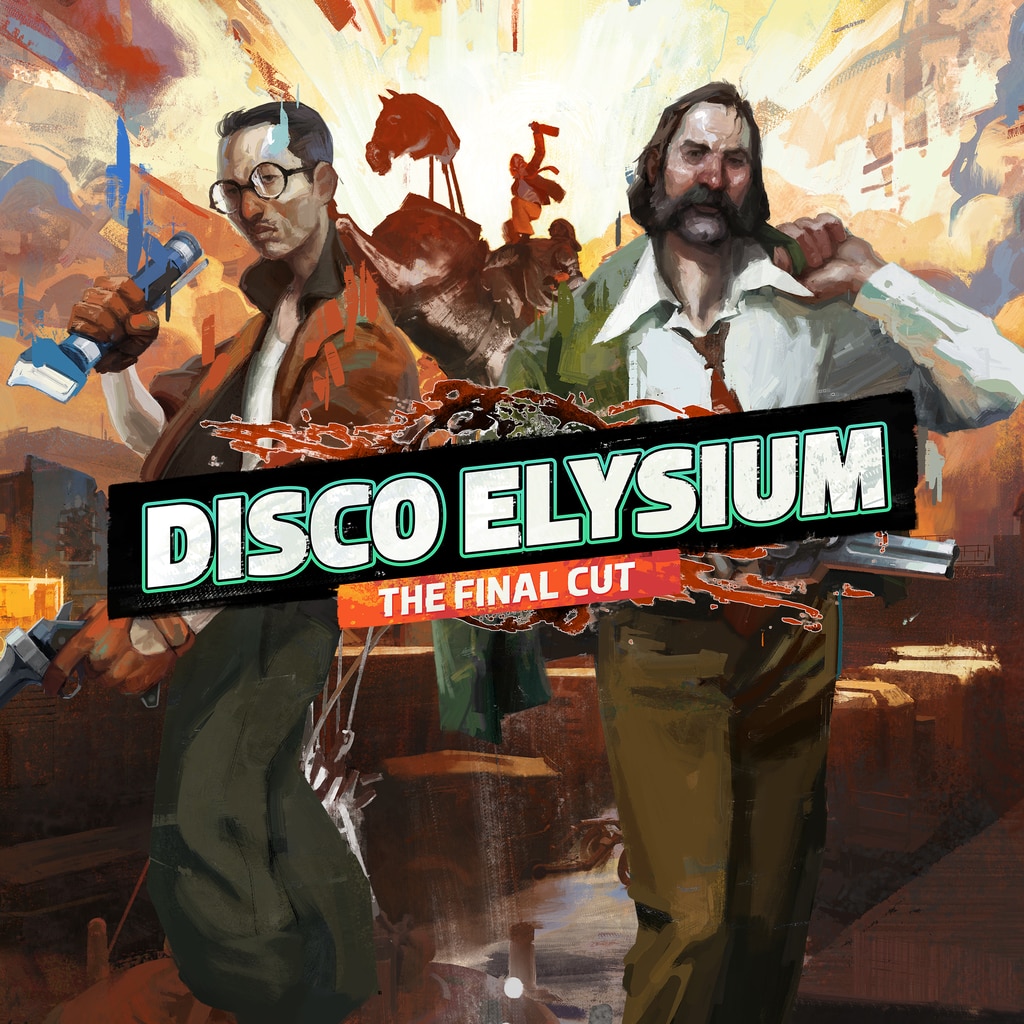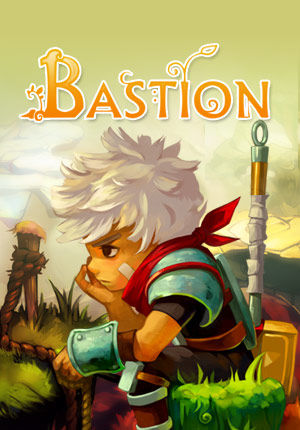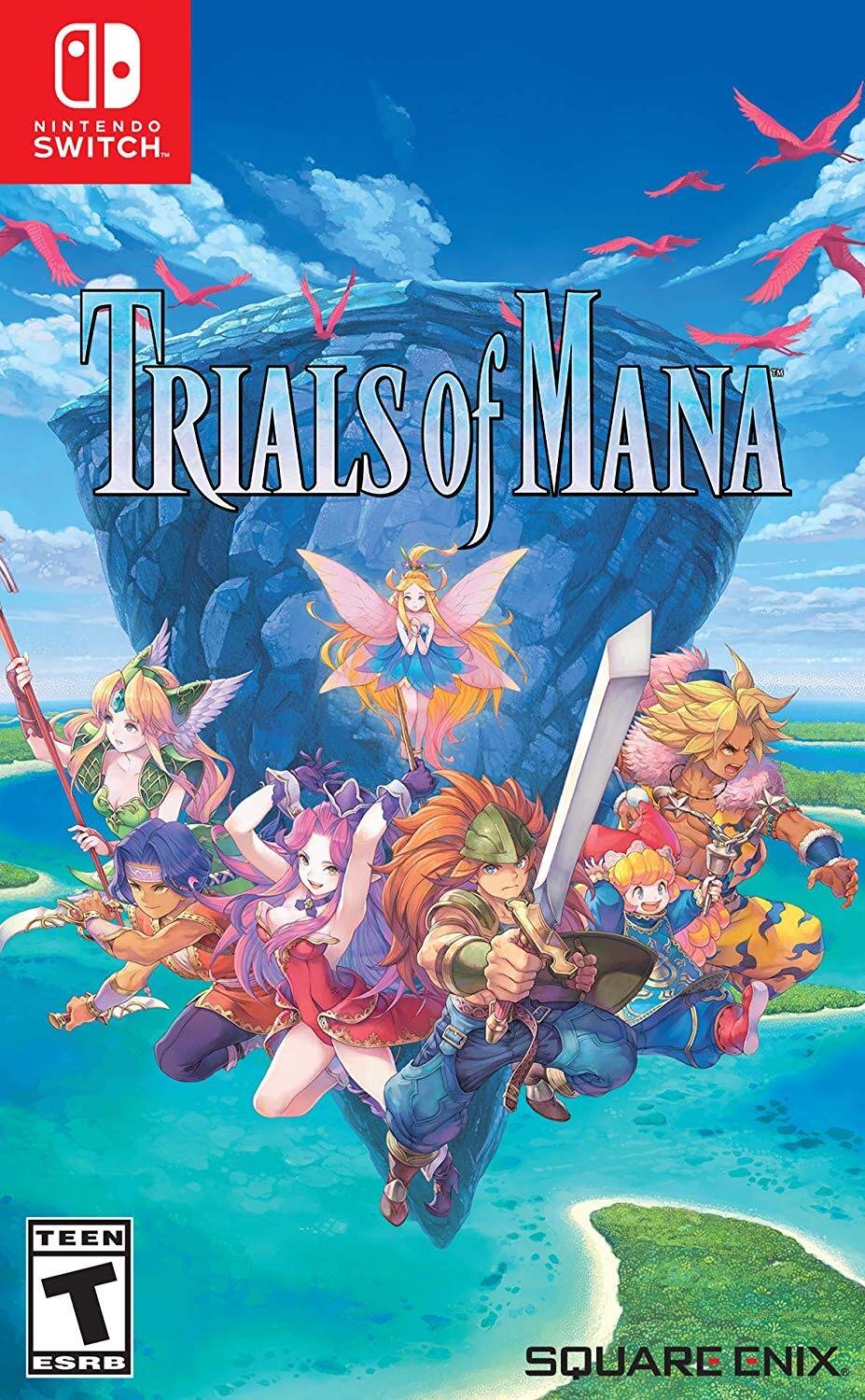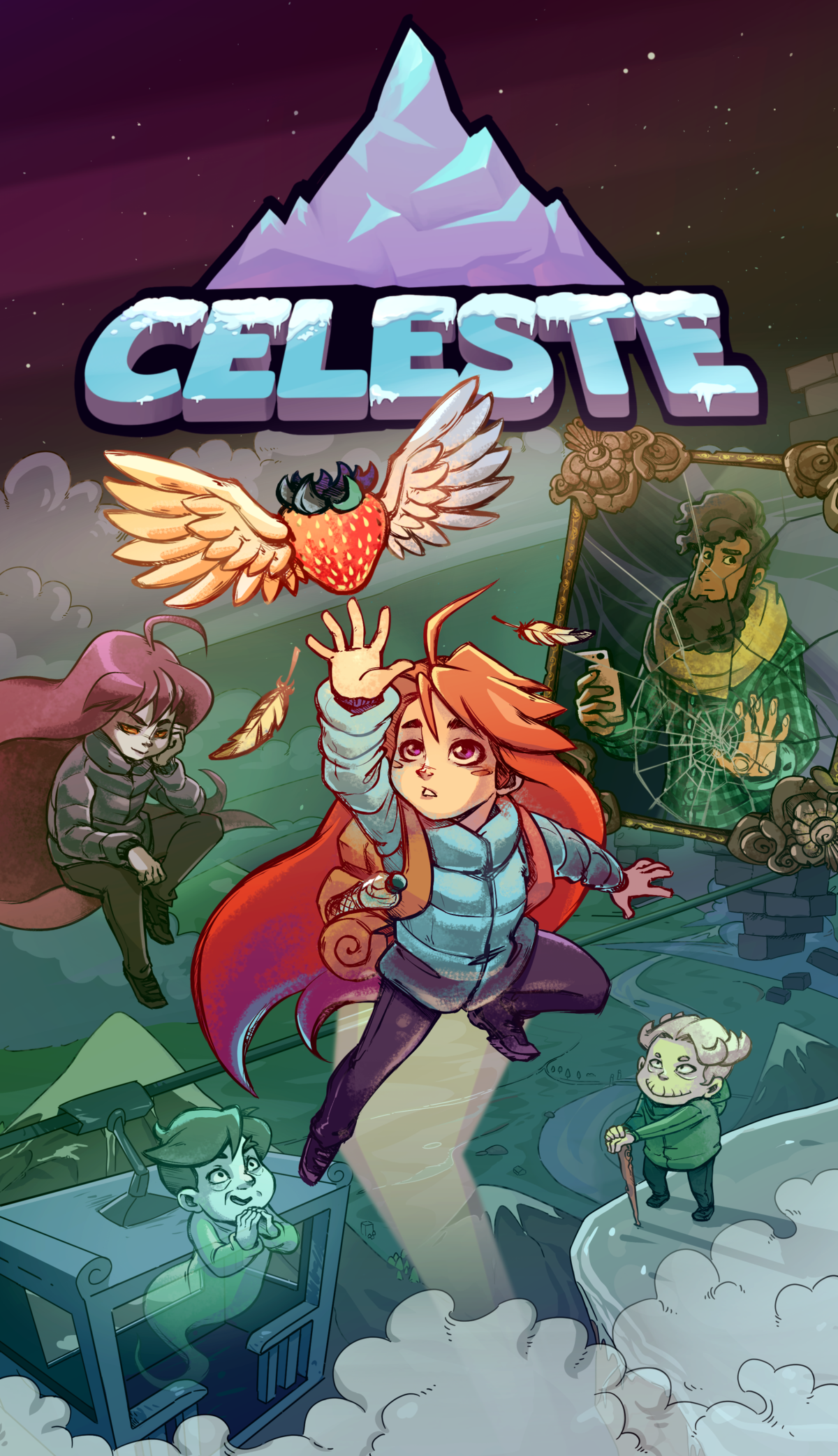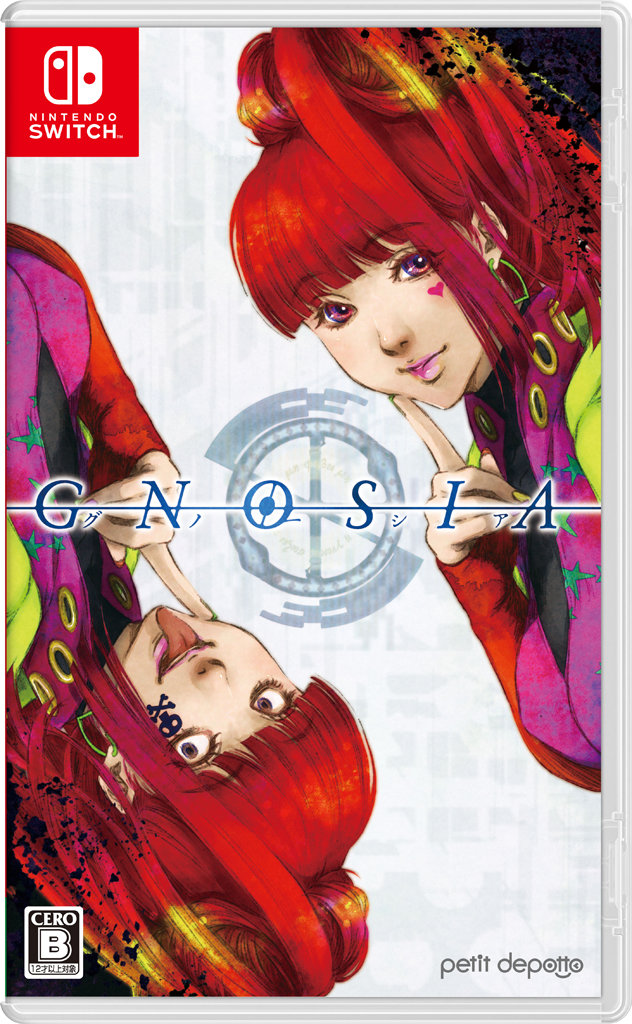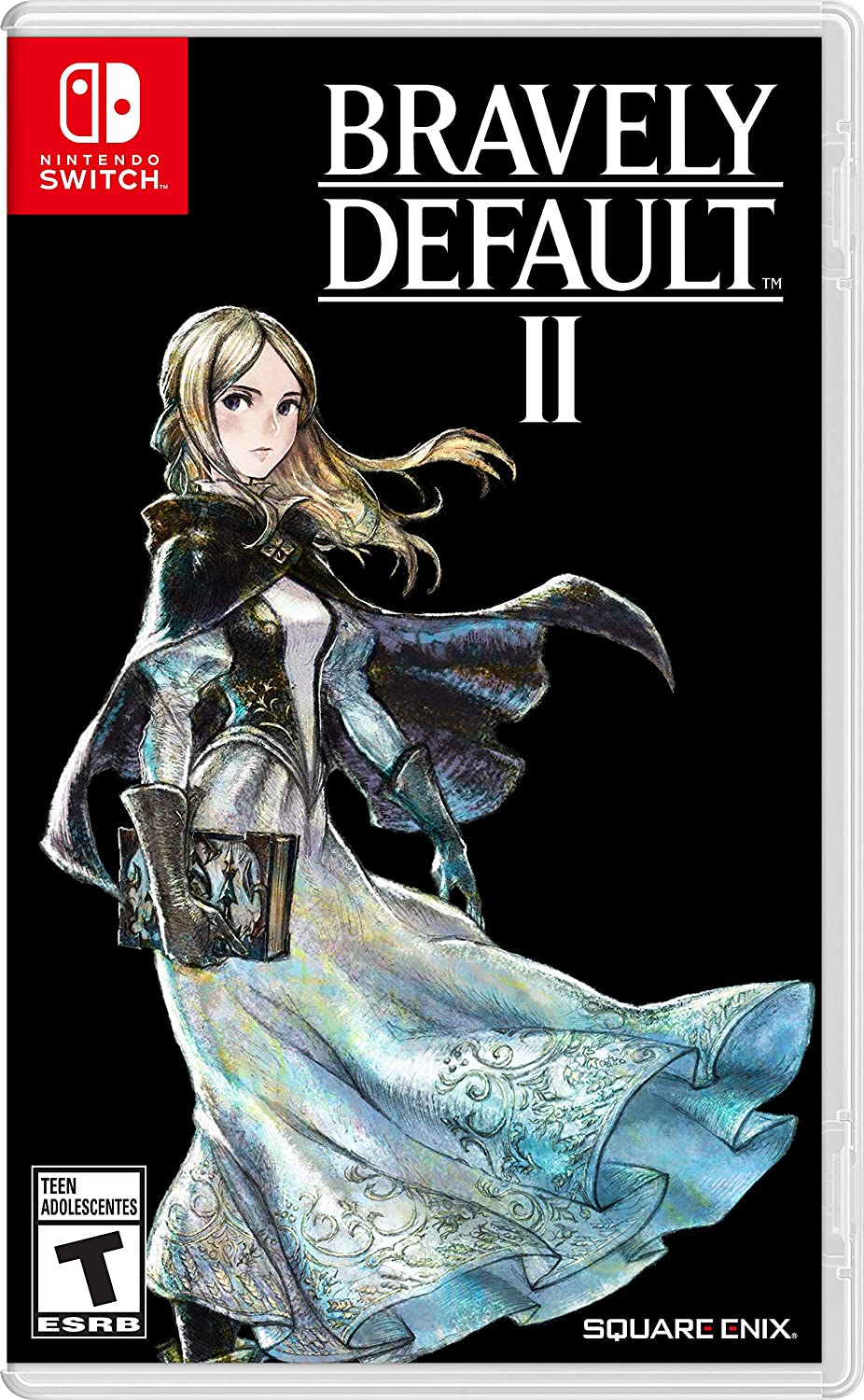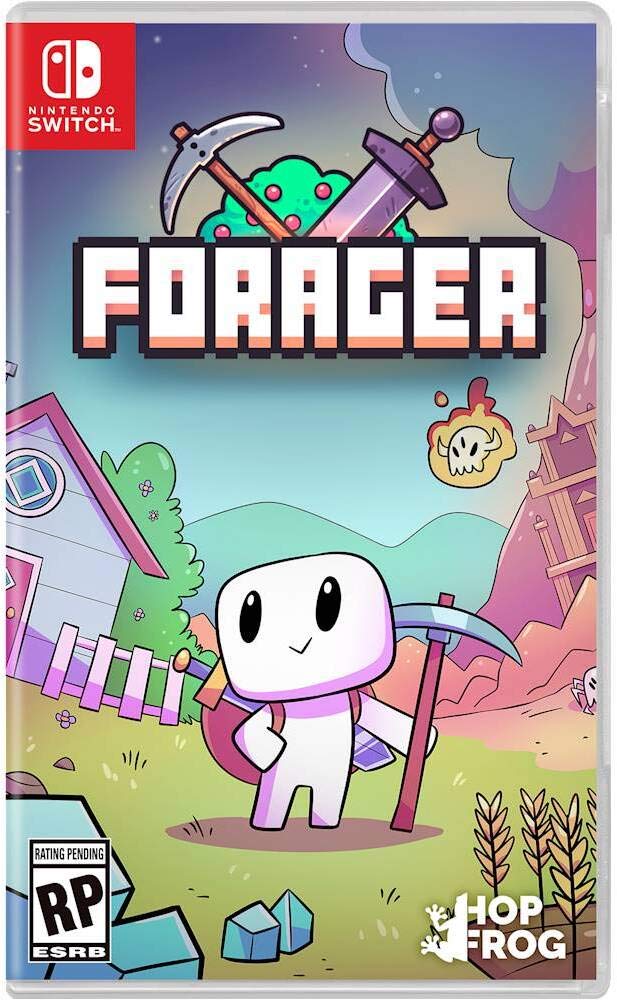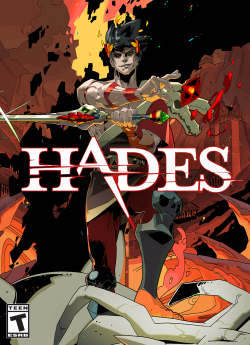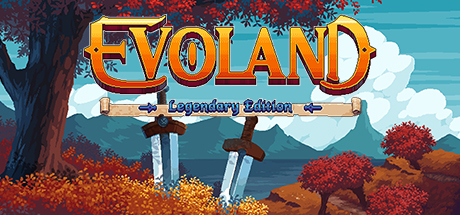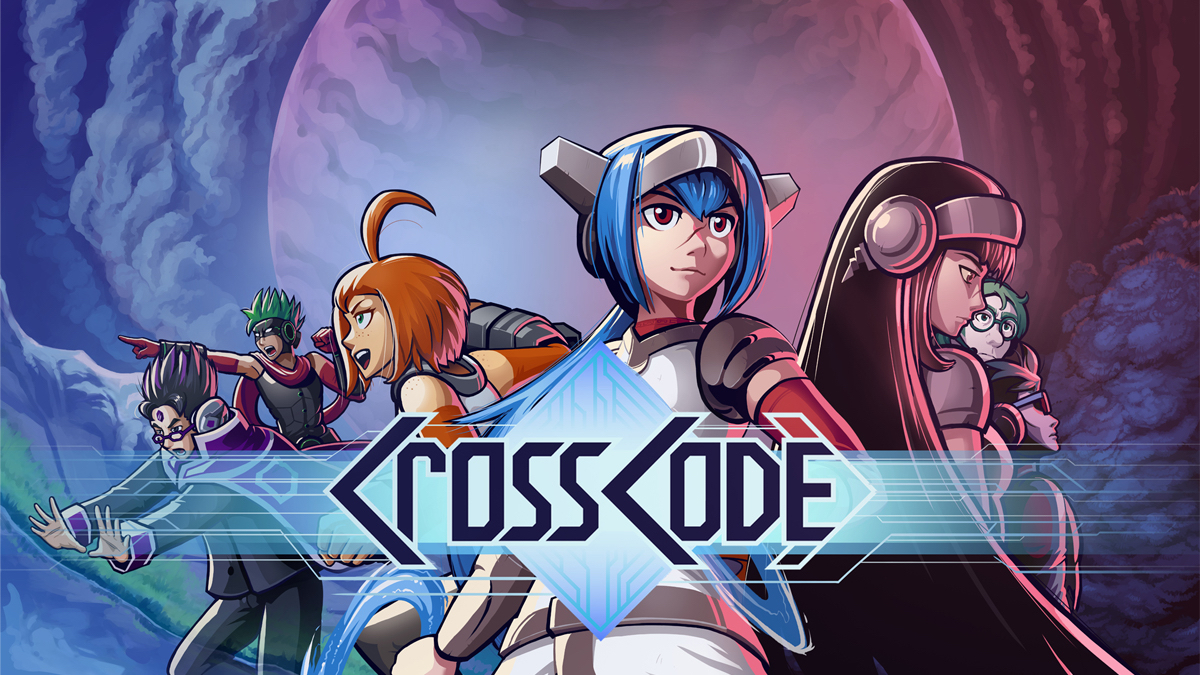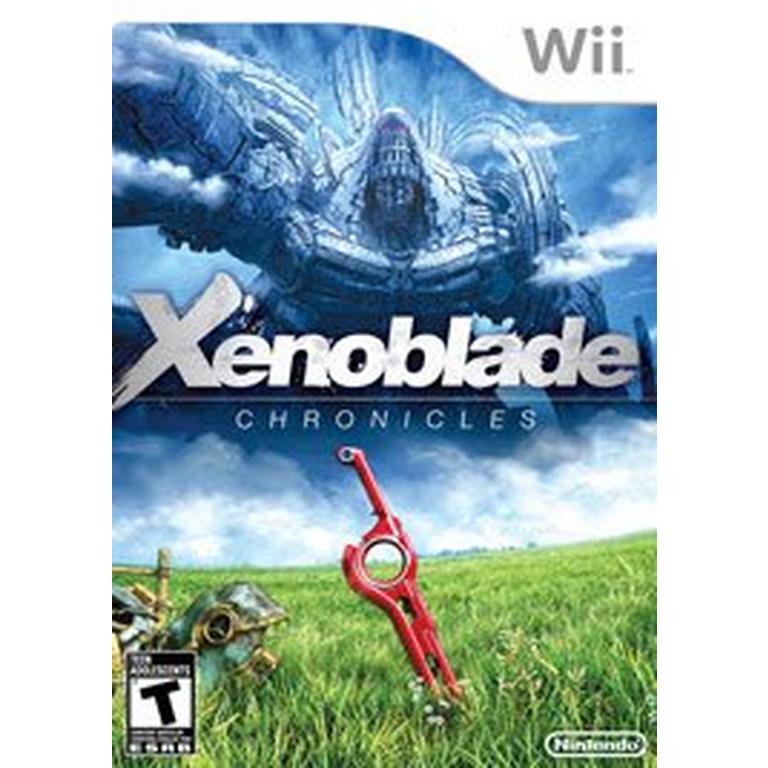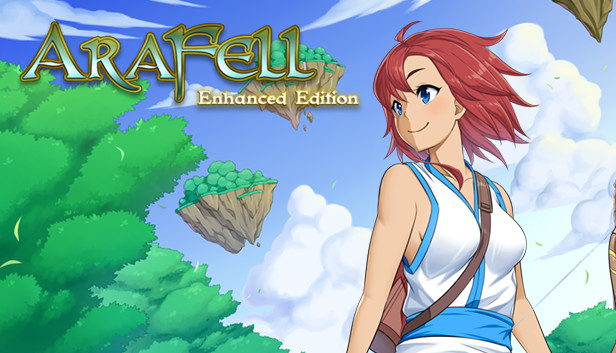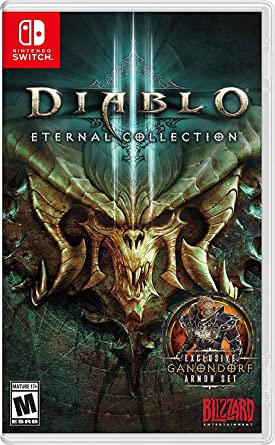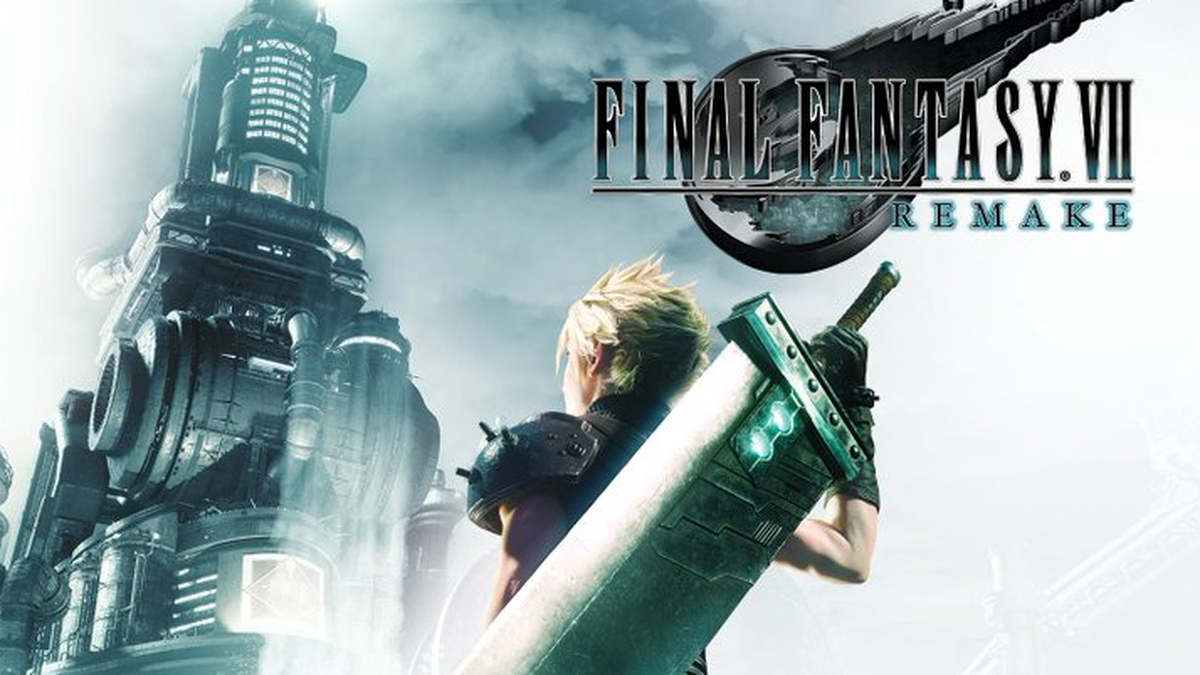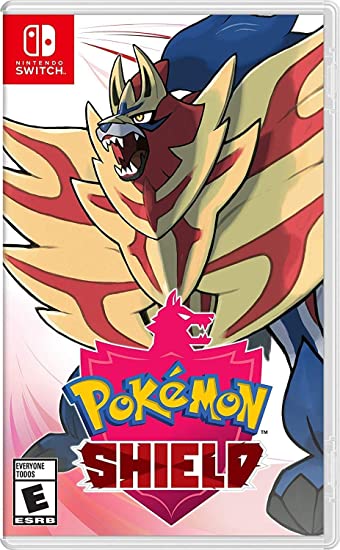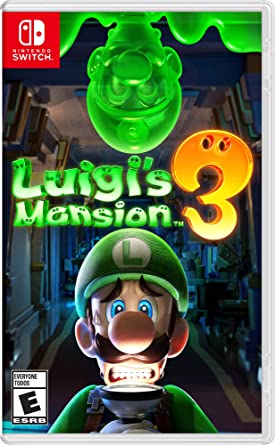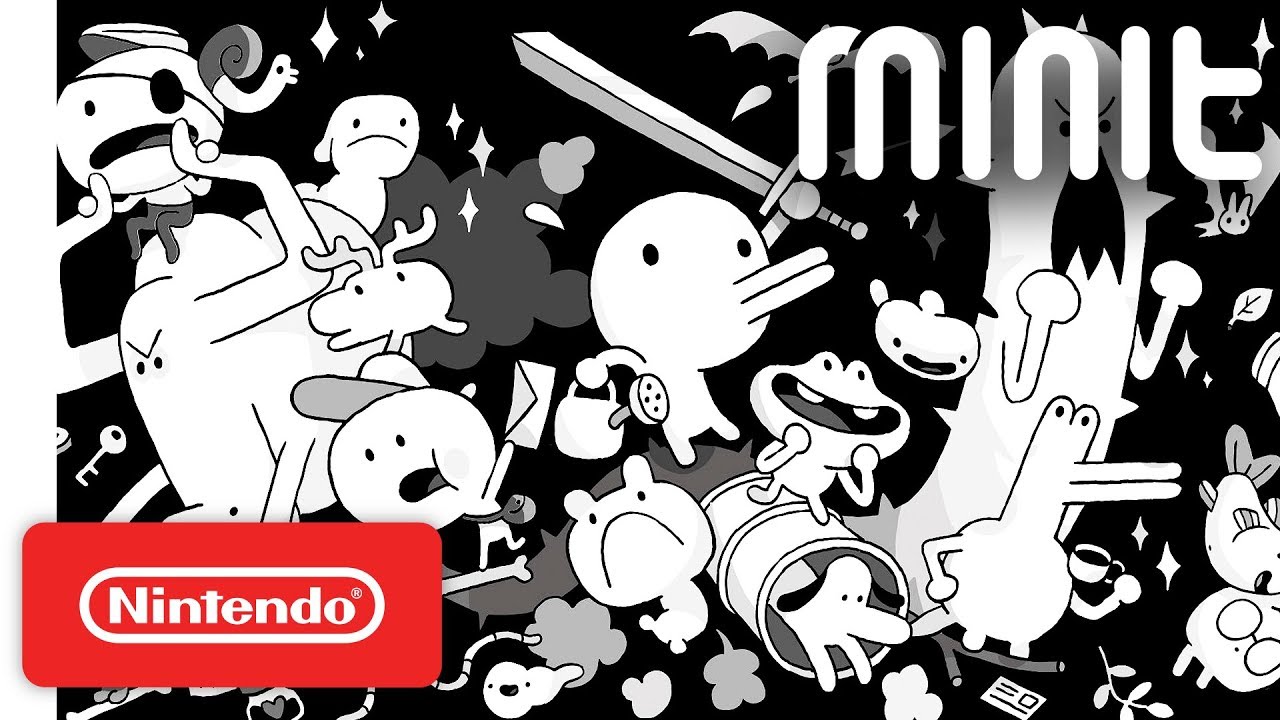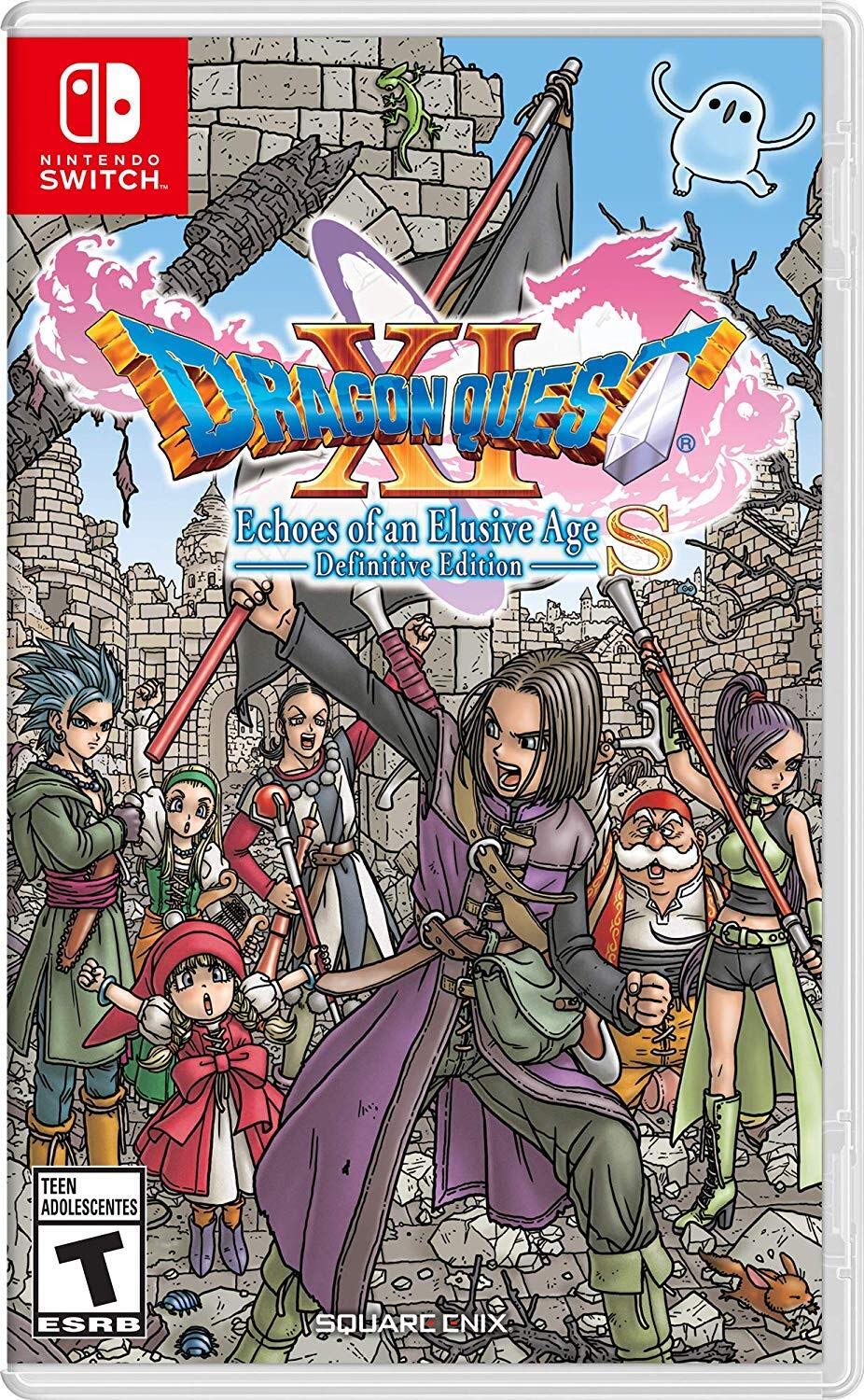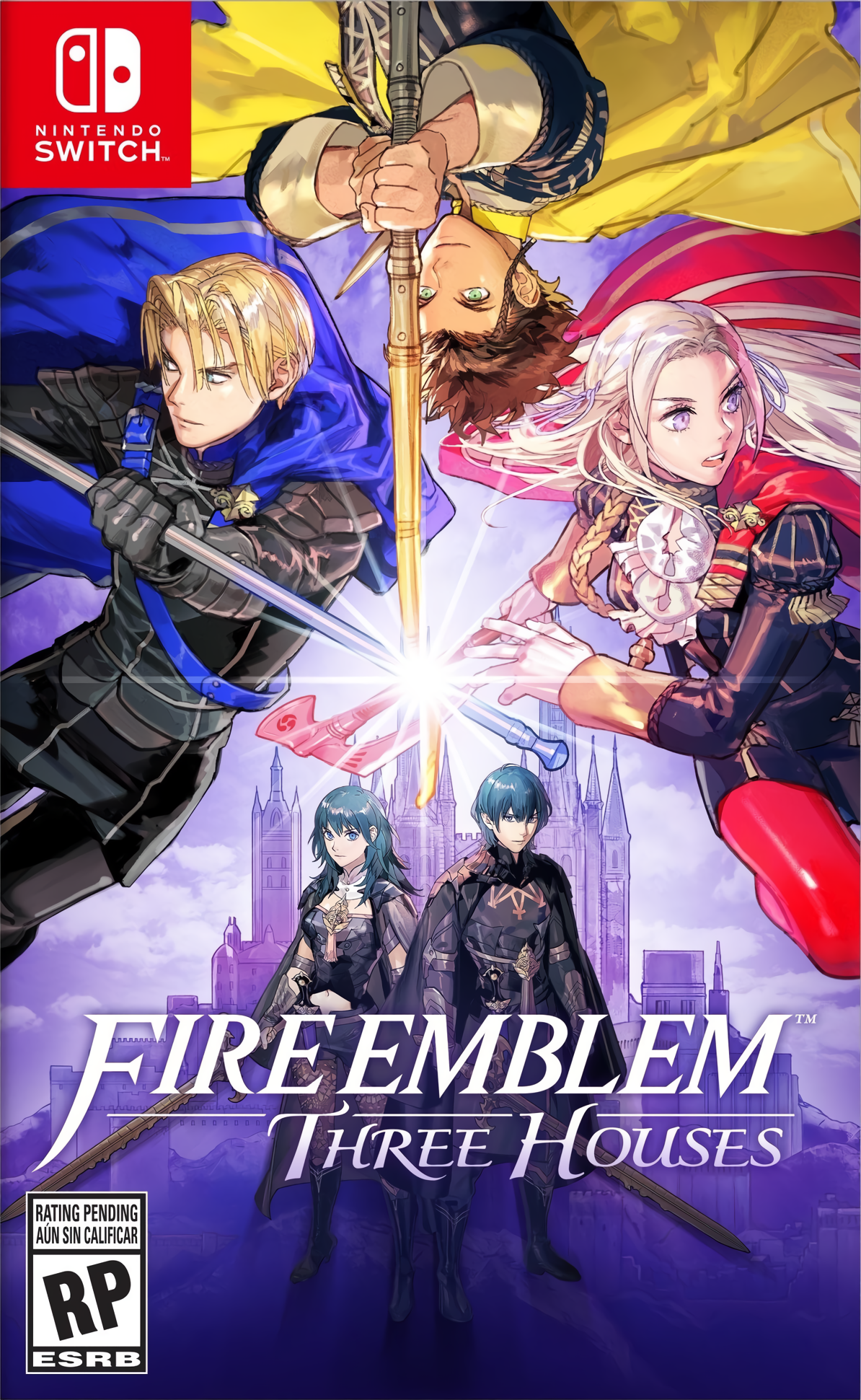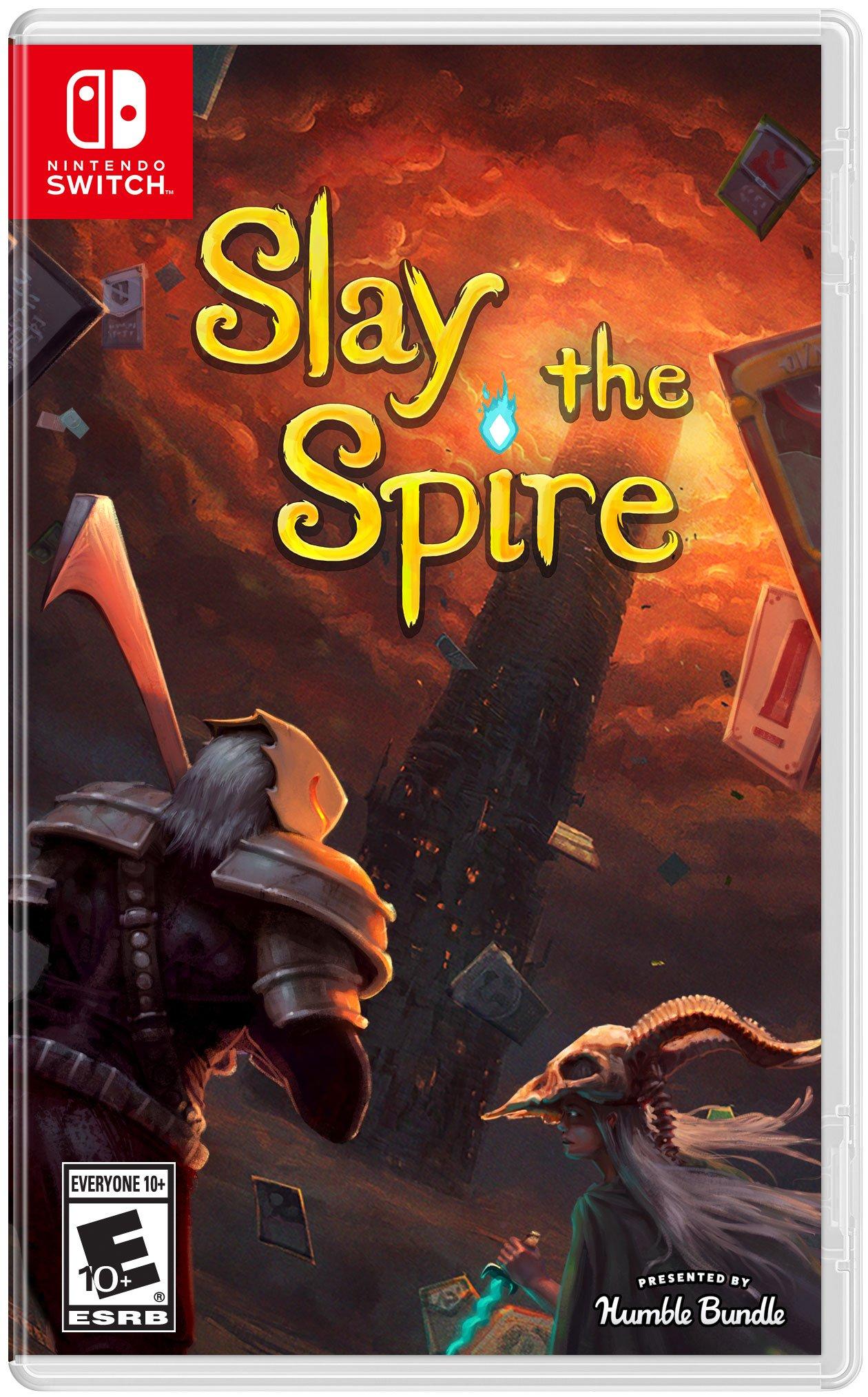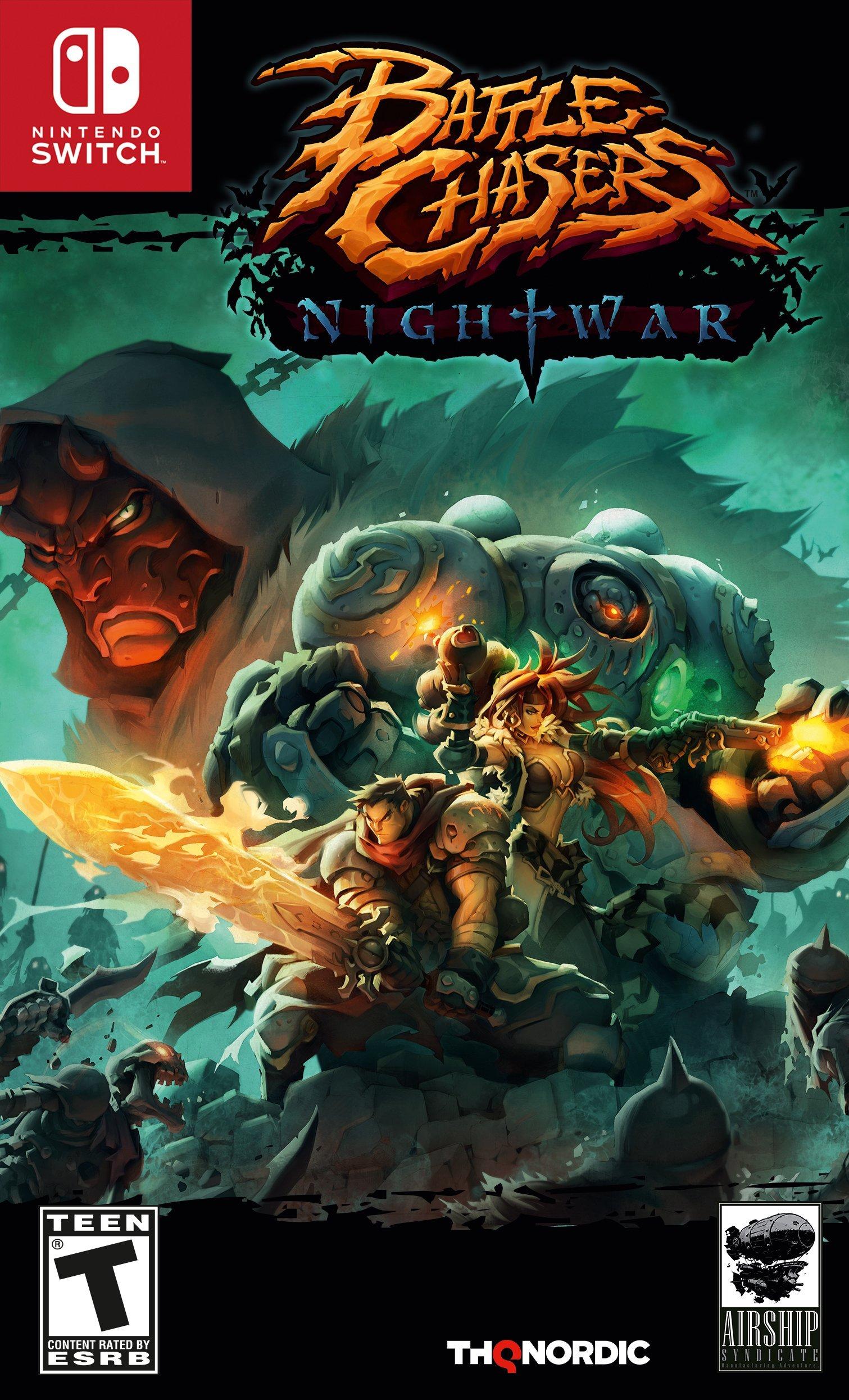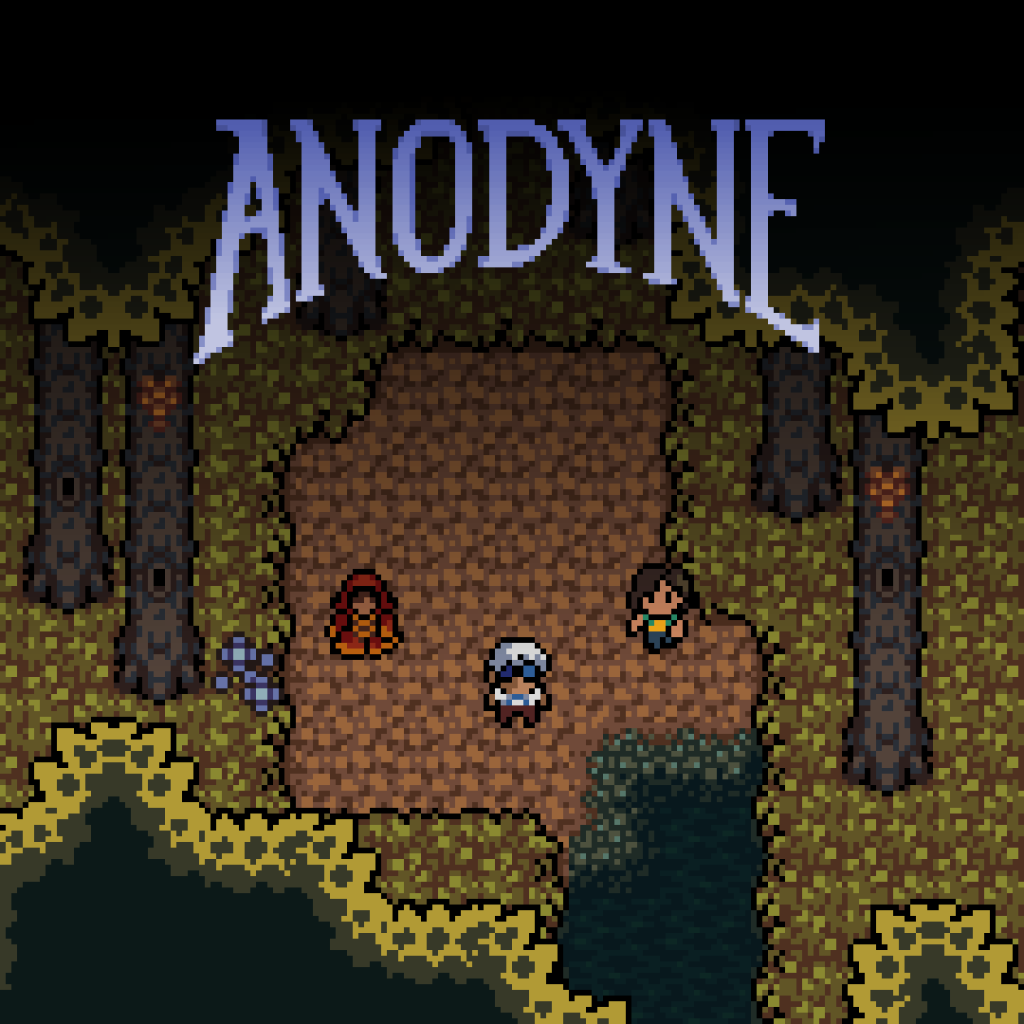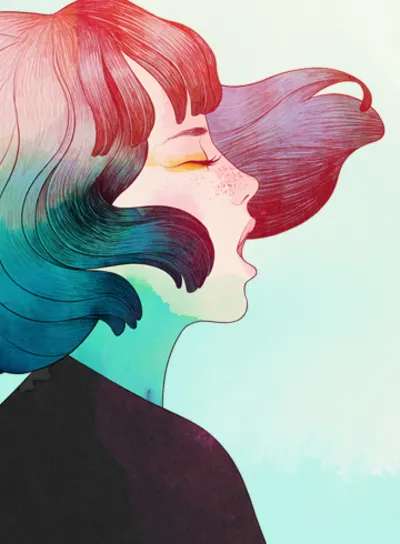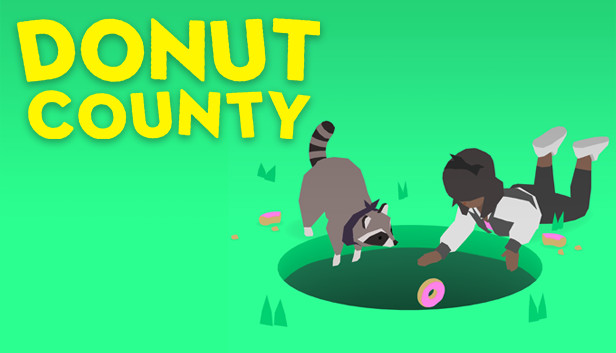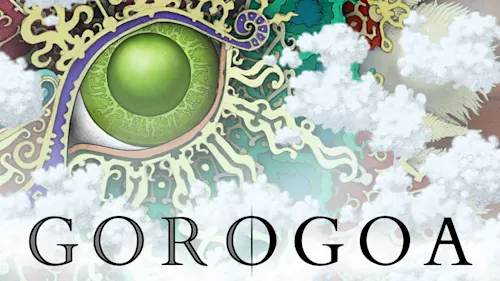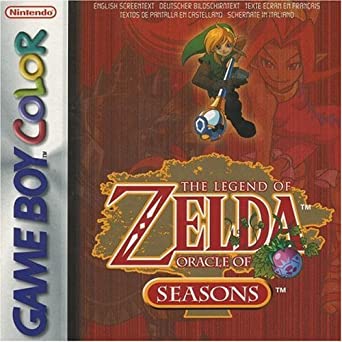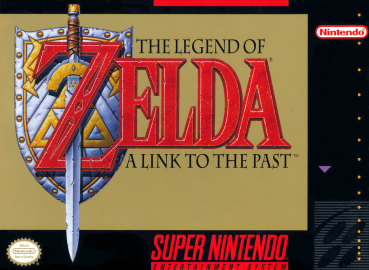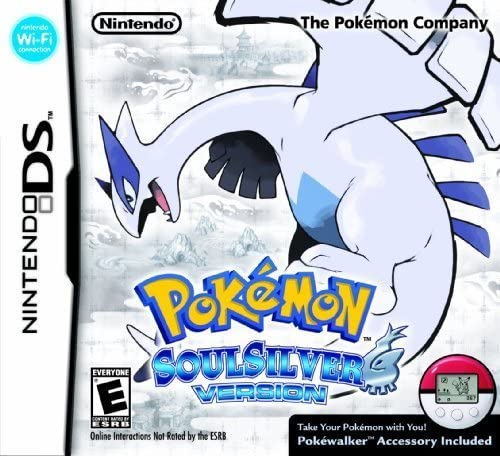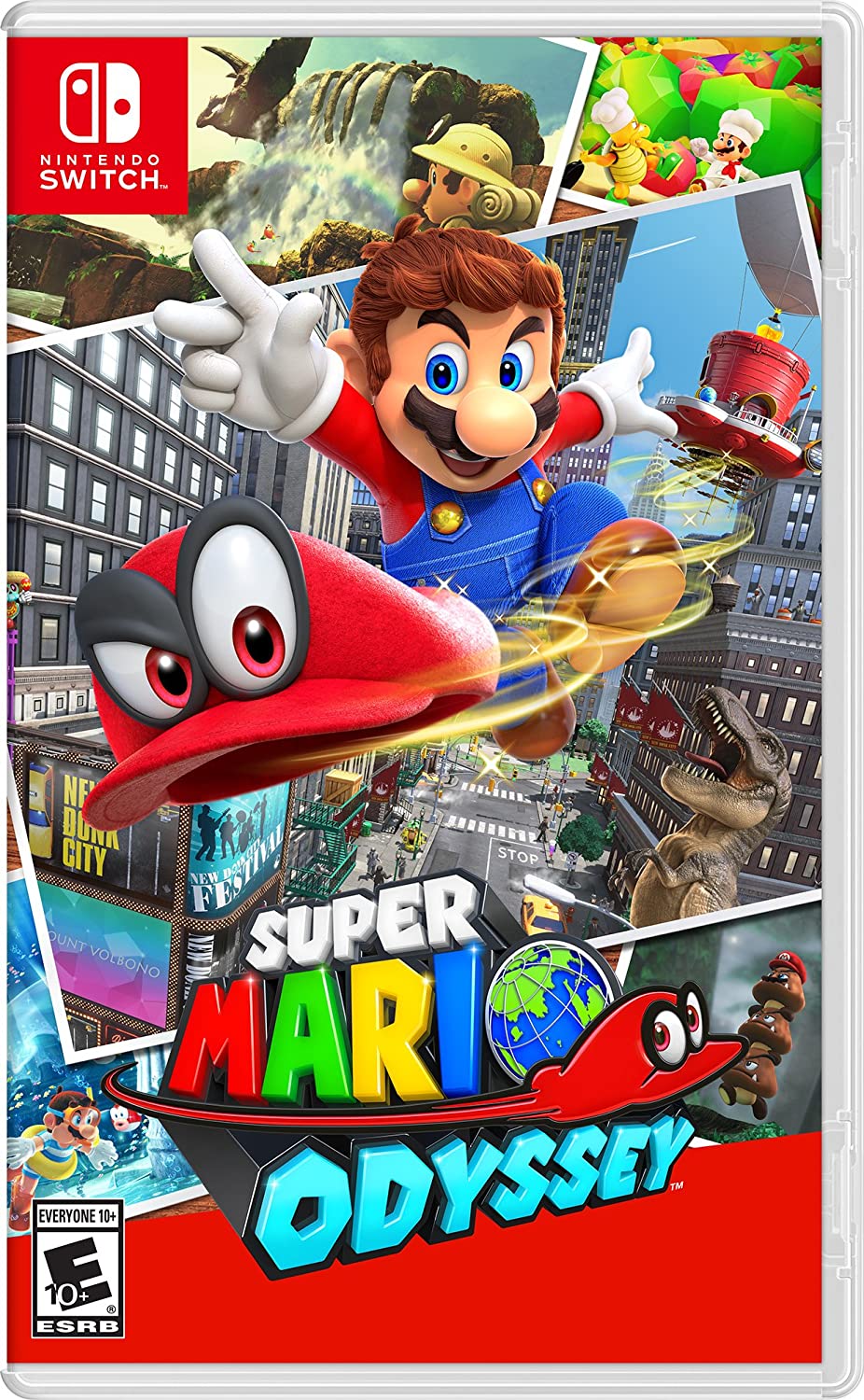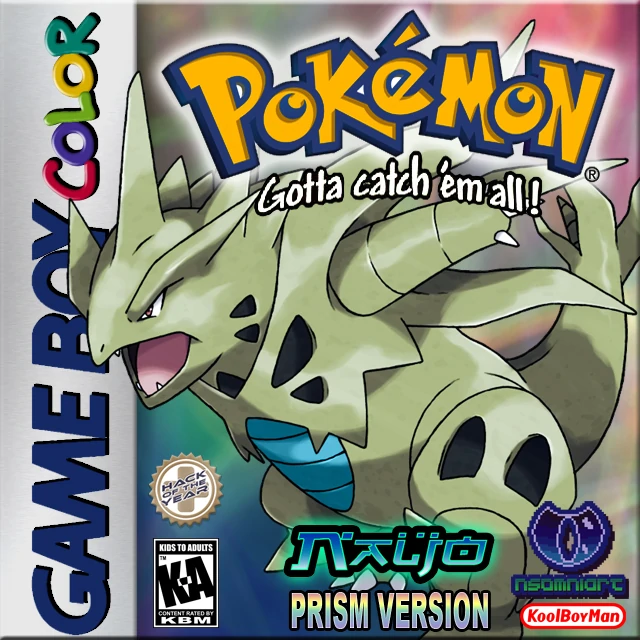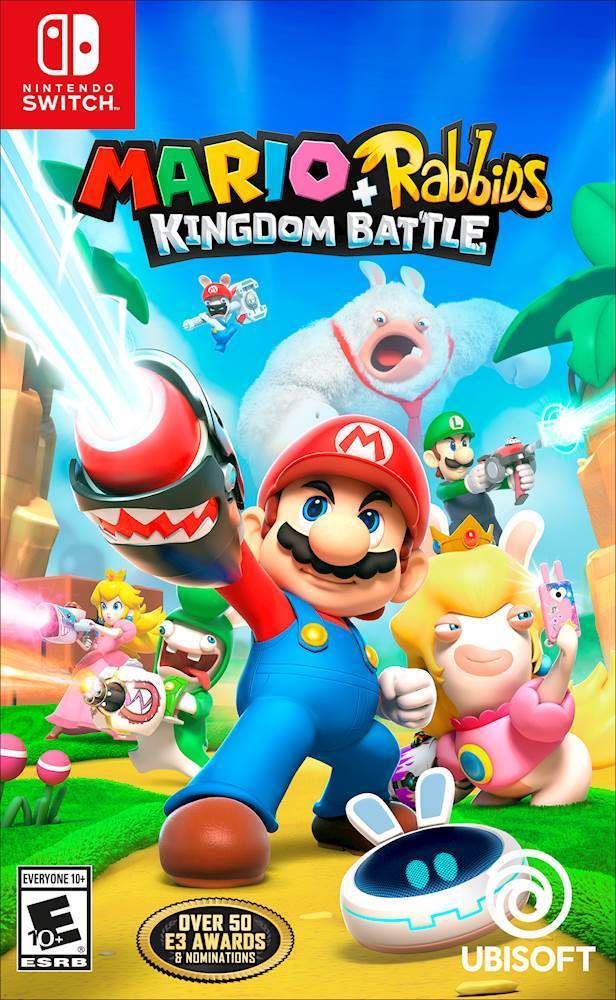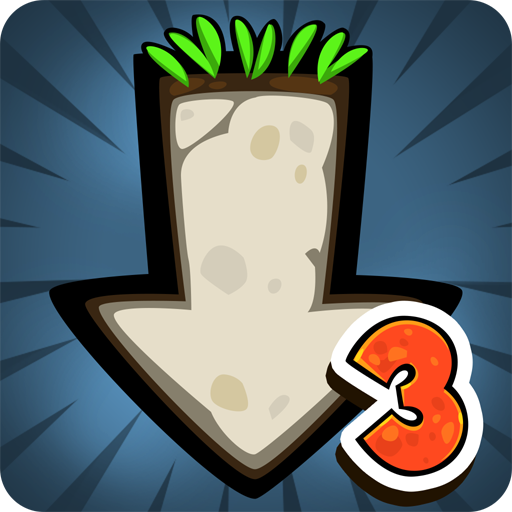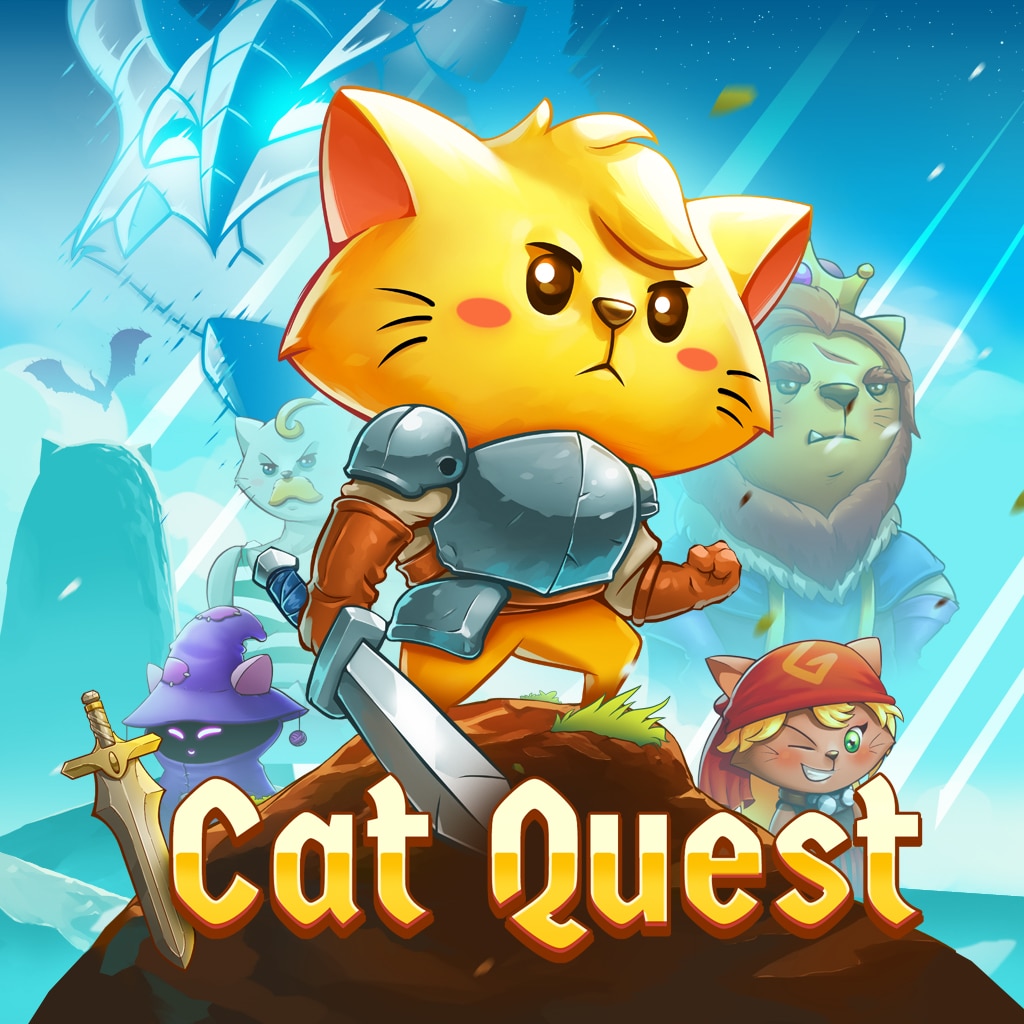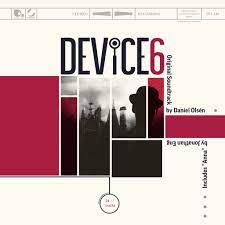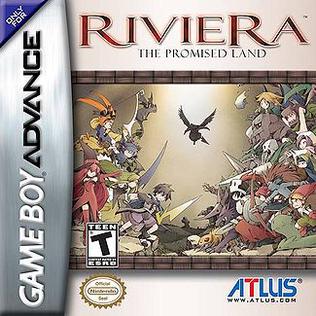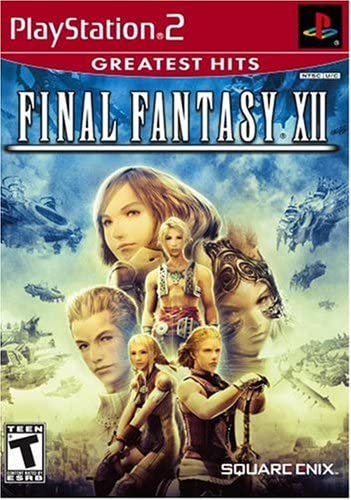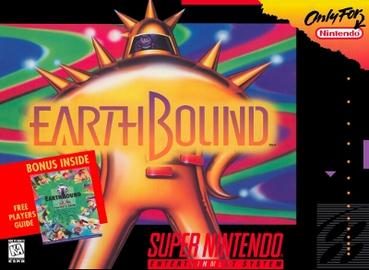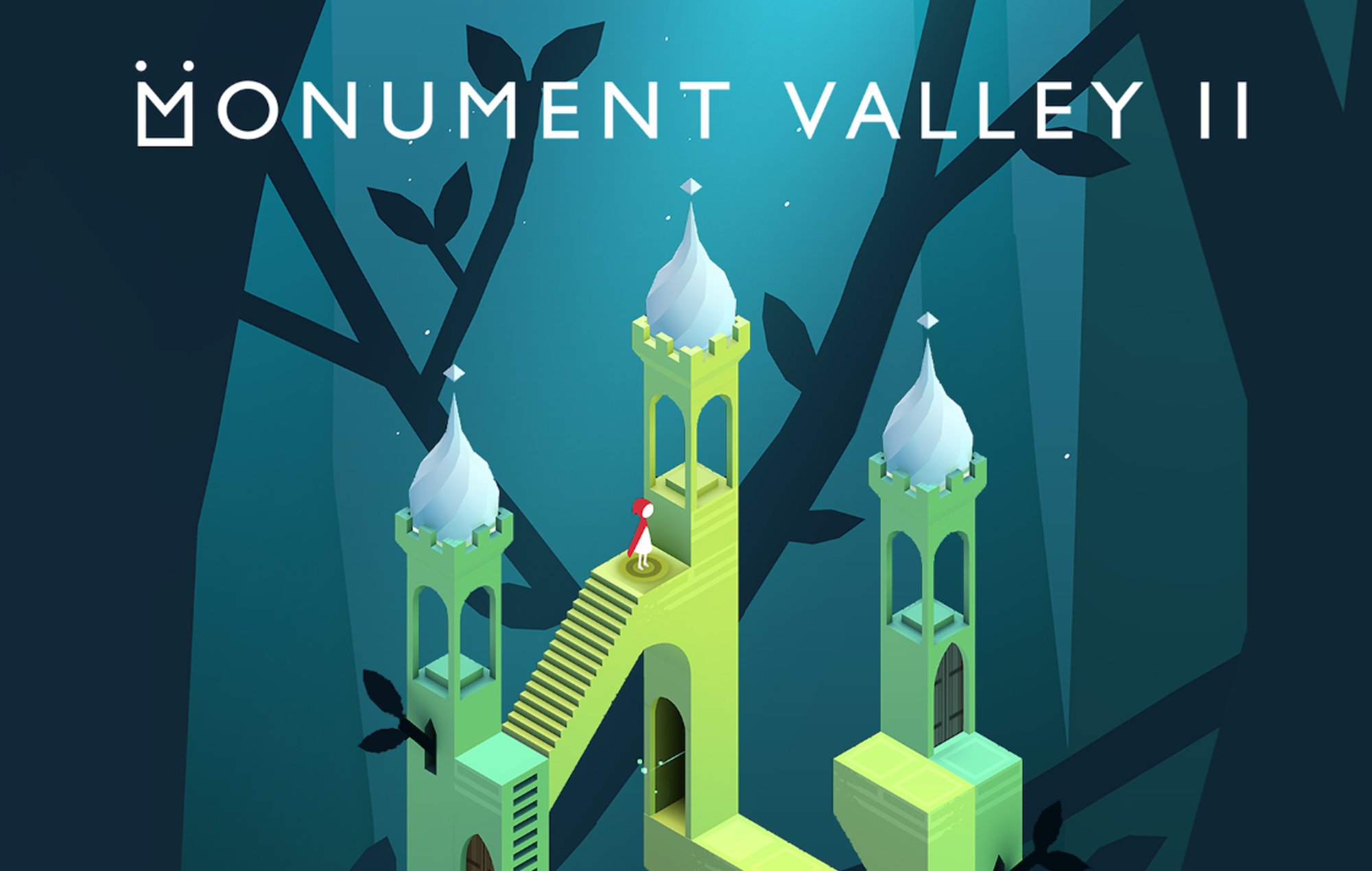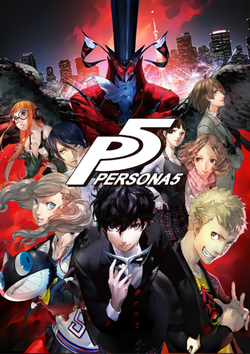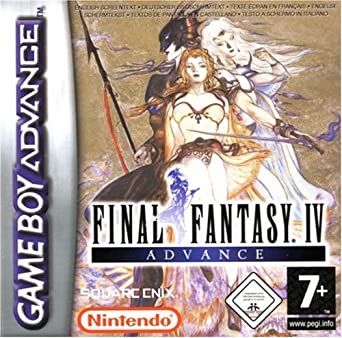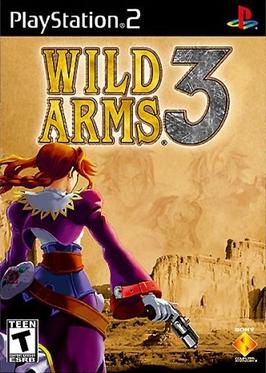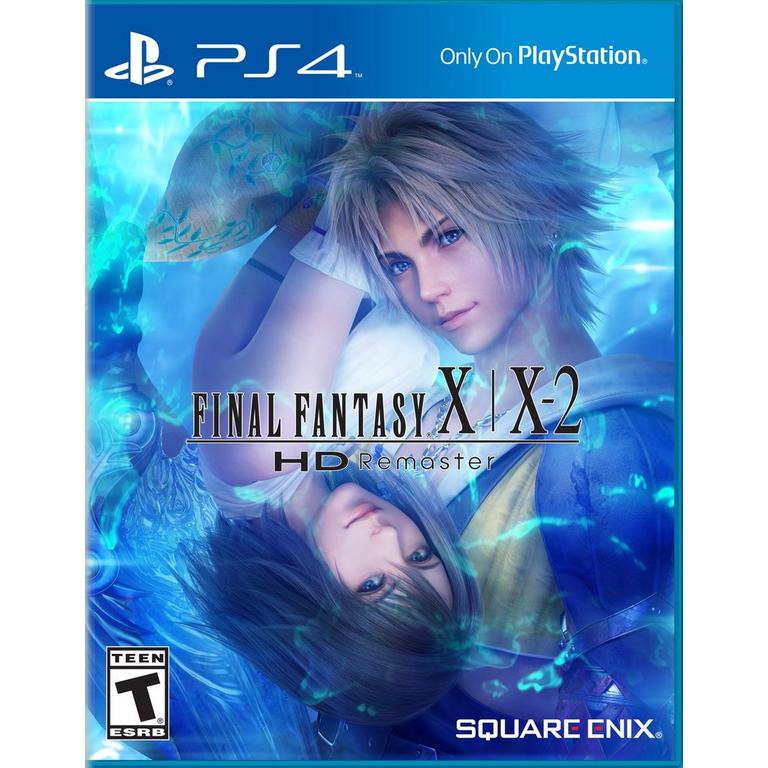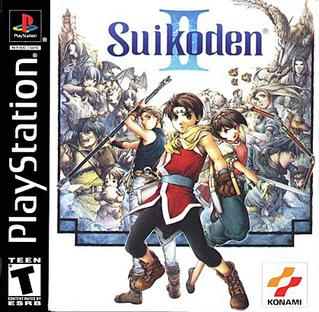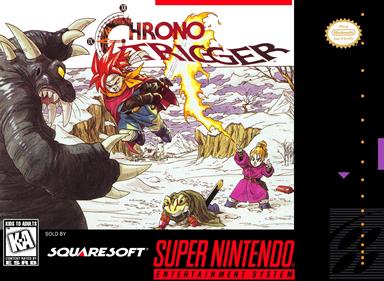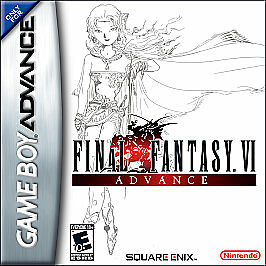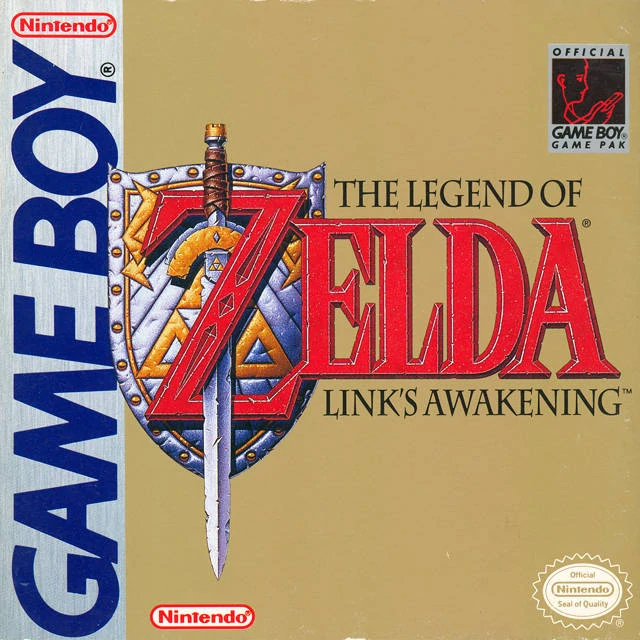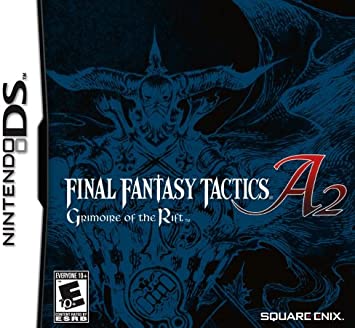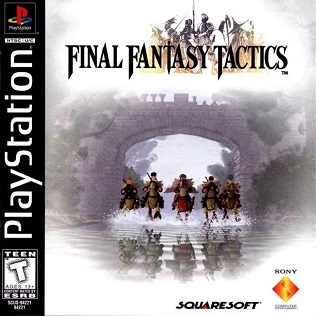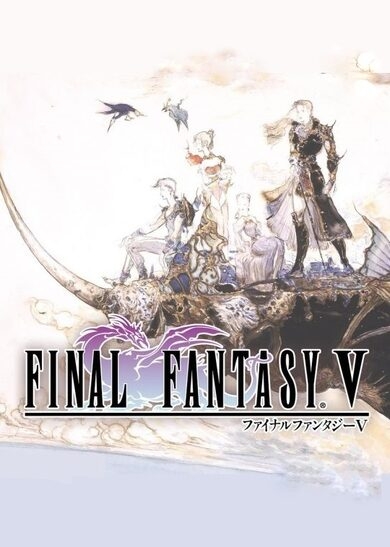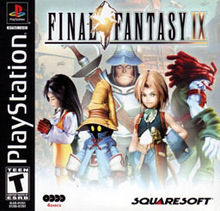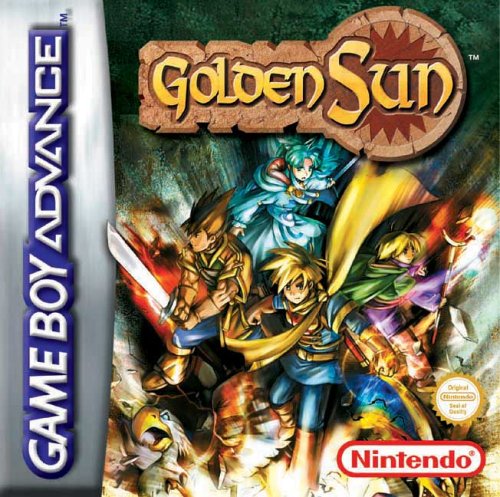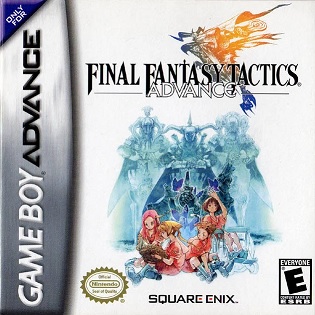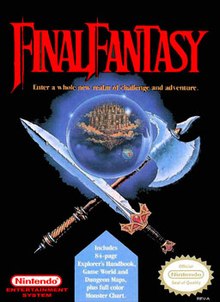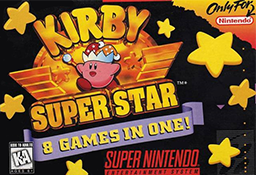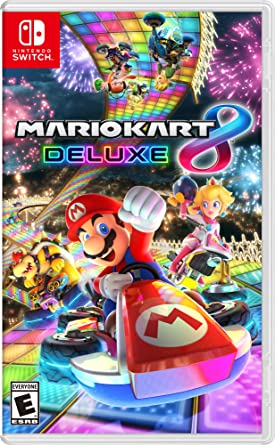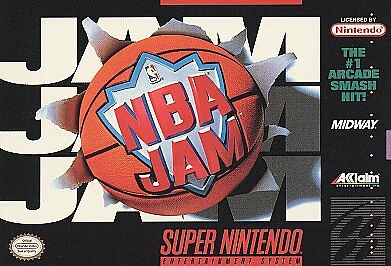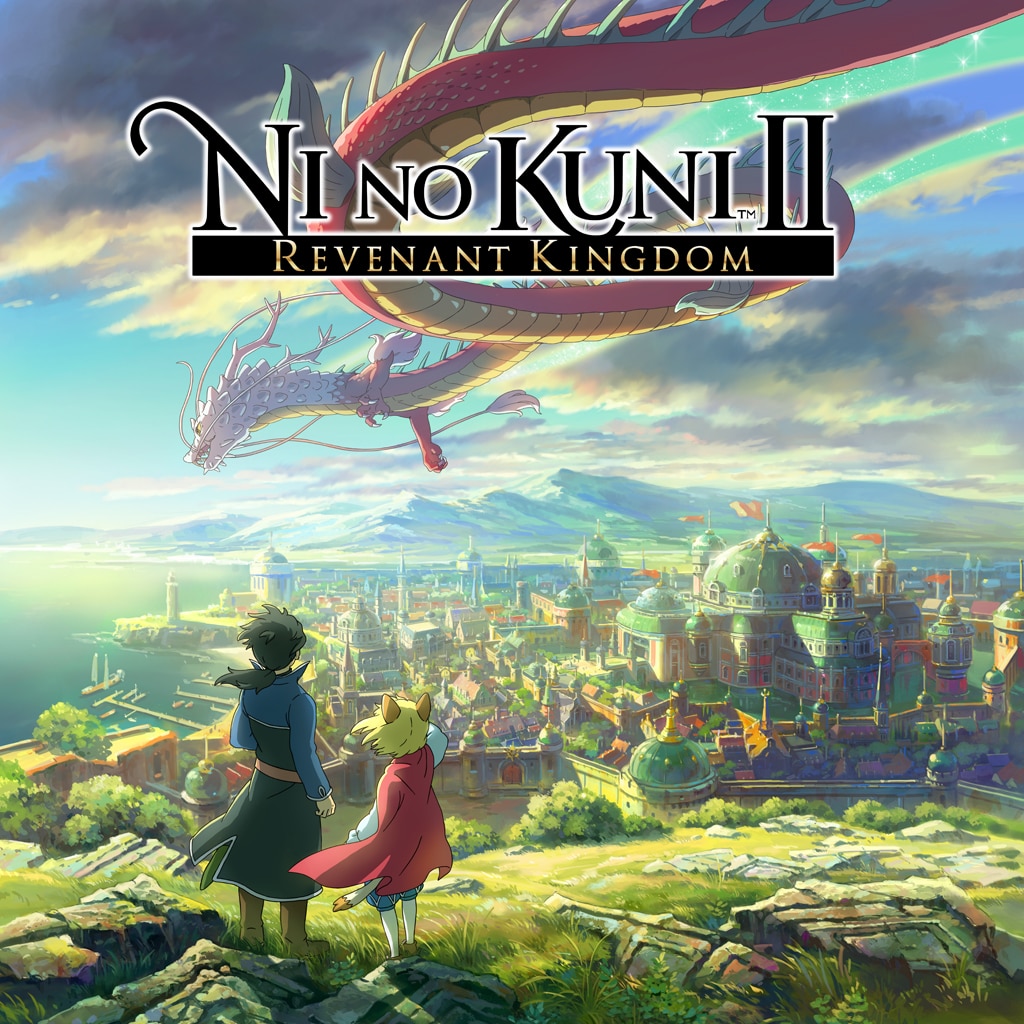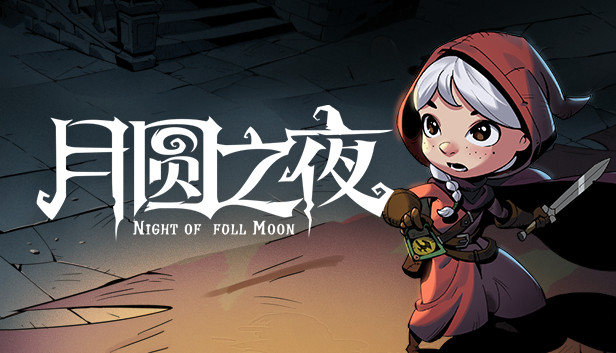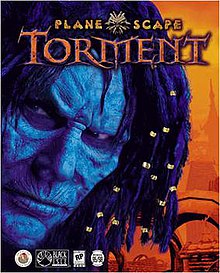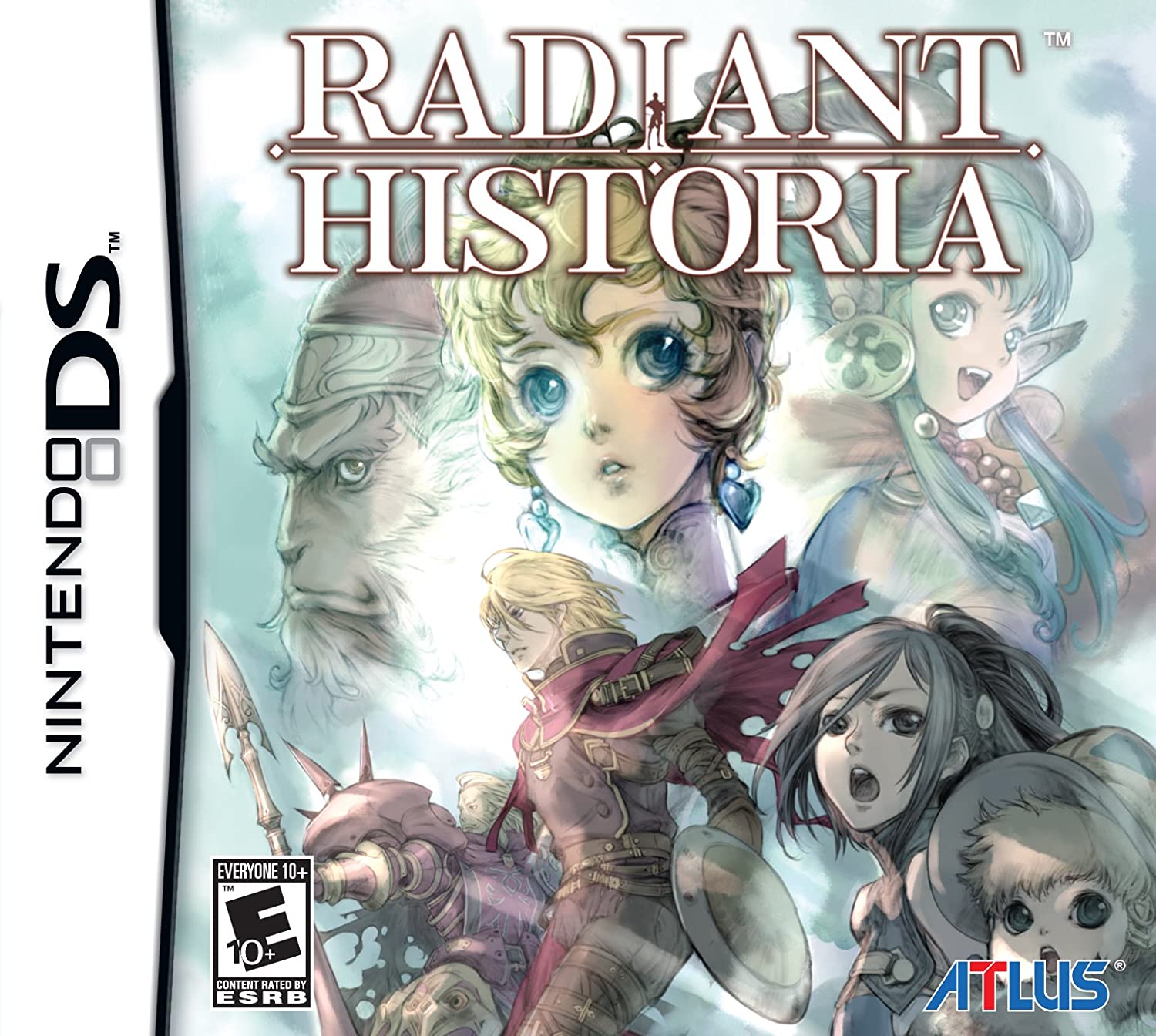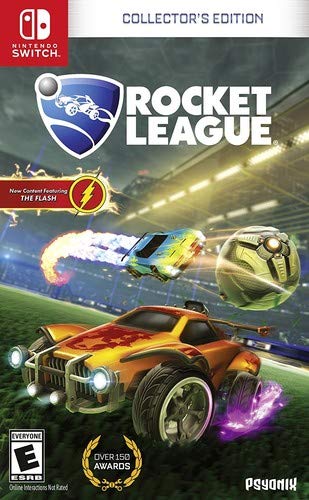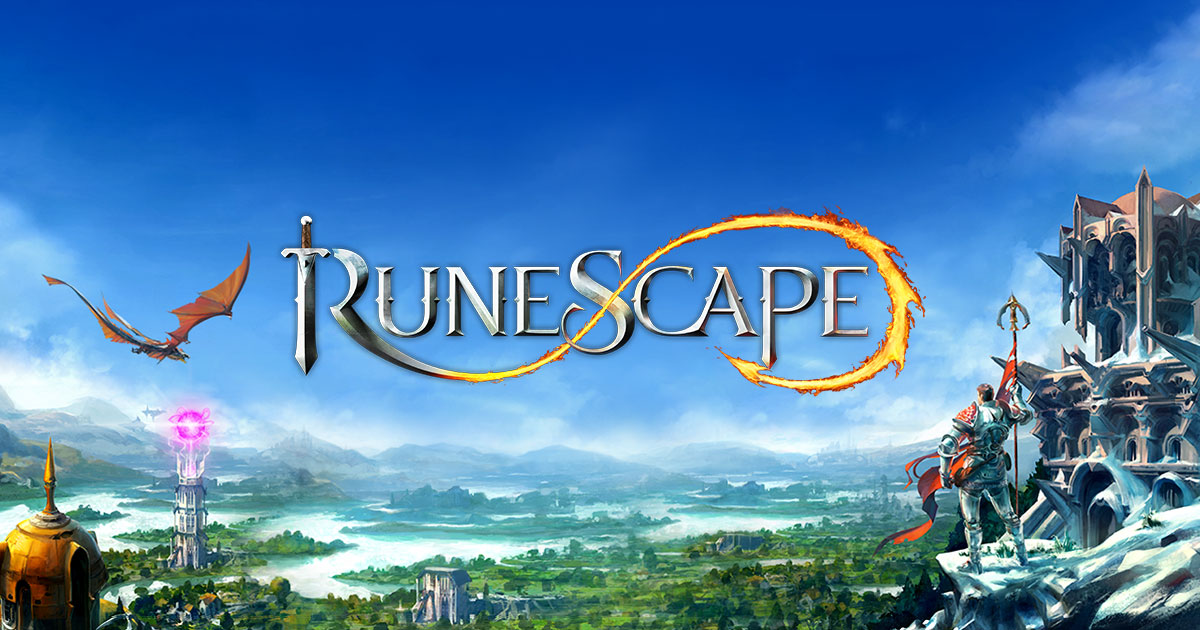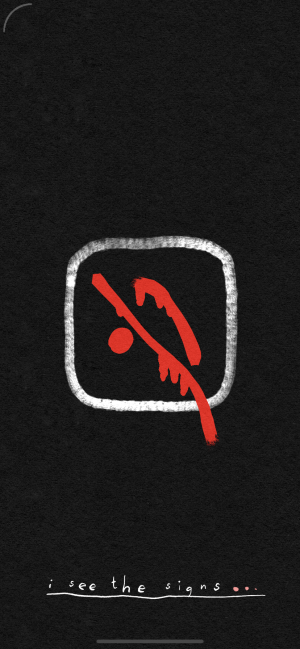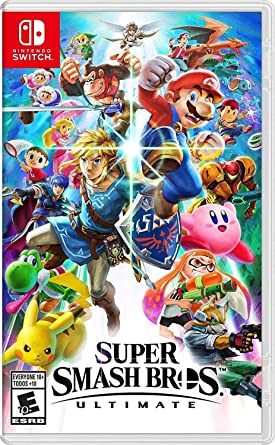Games
I like to play video games!
As you'll probably realize quickly, I'm a sucker for JRPGs and the RPG genre in general, but even within those confines I'm fairly normcore (lots of Final Fantasy, Fire Emblem, and Pokemon — though maybe describing my RPG tastes as normcore is showing that I care too much about the niche.)
(Also, be warned: my writeups will probably contain spoilers.)
13 Sentinels: Aegis Rim
Tears of the Kingdom
Ori and the Blind Forest
It is incorrect to describe this game as a melange of Celeste ↗ and Gris ↗ because of course this game predates both of them. But that is where my mind went — this sort of "emotional platformer" — and this game is terrific, ten hours of beauty and challenge and fun and very sweet characterization.
I think the gameplay was a little less tight than Celeste; I think the exploration and non-linearity felt a little unsatisfying (and I barely scratched the surface, it seems). But it was an absolute treasure of an experience, and I'm excited to dive into the sequel soon.
The Case of the Golden Idol
It is almost impossible to review this game without comparing it to The Return of the Obra Dinn, a game which I felt in many respects the exact same about as I do about this one — a sense of respect and love for the game and its commitments, a deep desire for there to be more of the genre, and a deep enjoyment that never quite crossed over into love.
There is a bit of a purity to Obra Dinn that you can't help but love: it is a single narrative, a single setpiece, a single gameplay loop. Golden Idol is less so in that respect; you're broken up into stages with tiny (well-done) tweaks in whodunit gameplay from stage to stage, and the narrative expands over the course of years as you follow a fun little plot with elements of Indiana Jones and Agatha Christie.
It's rare that I'm disappointed by a game being over too quickly: it took me around four hours to beat this one, and while I am grateful that the game didn't drag (and I think the ratio of plot-to-gameplay is perfect) I found myself wishing for just a little more. This is perhaps the noted difference between the two games: when I finished Obra Dinn I felt a deep sense of completion and a desire to play something, anything else; when I finished Golden Idol I found myself wishing there was even more. (Both good feelings in their own way!)
Return of the Obra Dinn
The thing I respect most about Obra Dinn is how obviously realized it is. I complain a lot about pieces of media that feel more like collections of things than gestalts: Obra Dinn is a gestalt, a single through-line that coheres and compels. The distinct visual style, the narrative, the gameplay, the audio design 1 — all of it is in conversation with one another and they all push the game to be such a single successful unit that it is hard not to be wowed.
Parts of the game feel cold and unpleasant in a way that I think is fitting with that gestalt. At it's best, playing Obra Dinn feels almost like a Sudoku — you notice a detail you overlooked which unlocks an identity which unlocks two more, and so on. At its worst, you... don't. You get stuck, and you struggle to move from one room to another without glancing at the mini-map seven times.
I had a really good time with Obra Dinn; I am a sucker for any game that makes me take out pen and paper to solve it. It was innovative and successful but did not resonate with me in the way that my absolute favorite games do, and I can't accuse it of any flaws besides some annoying UX choices. You should absolutely play it.
Footnotes
-
I am not sure if I have ever played a game whose sound design is not just more crucial but more effective than Obra Dinn's. ↩
Pentiment
I am going to do a disservice to this game by leading off with an unfavorable comparison to Disco Elysium ↗, for which I wrote:
The core gameplay is... extant? The dialog checks and branching logic were more of a useful delivery mechanism than anything fun in of itself.
If Disco's gameplay loop was 'meager', Pentiment's is microscopic: you get a couple background choices (did you spend time in Flanders or in London?), but that's about it. The game, like Disco, is a series of explorations and conversations — those explorations and conversations have even fewer branches and choices than Disco does, and the game is best understood as a choose-your-own-adventure novel with the world's biggest dose of panache.
And that panache! The interface, the aesthetic, the writing — it is all very, very good. The game is a visual novel and takes full advantage of both words in that phrase. I am reminded of Middlemarch ↗ in terms of how this game so delicately and deliberately weaves its narrative: the scope of your pathos very quickly and very broadly shifts from being centered on the protagonist to being deeply invested in the entire town and abbey with whom you cavort. Every single character is realized in a way that is rare not just in a game but in any piece of art.
Pentiment is a better novel than it is a game, I think, and it's hard not to review it through that lens: it has lovely, wise things to say about the nature of memory, of community, and of sin & redemption. It is a deeply emotional experience, and the plot twists (so to speak) 1 hit you well. The ending is deeply warm and redeeming.
I am not a big "walking simulator" kind of guy (I hold nothing against them, I just don't find them fun) and the gameplay part of this really dragged for me, especially once you have a better sense of the rhythm of the game. Unlike Disco, too, you can occassionally sense the seams of the branching dialogue structure — you'd have a conversation with person A and then a conversation with person B whose context should rely on that first conversation, but doesn't. It's not a dealbreaker, but it's a little jarring when it does.
Go into this game knowing that it is a novel and not a video game, and you will be rewarded. It is a beautiful, beautiful experience.
Footnotes
-
I am proud of myself for correctly guessing the identity of the killer, though I ascribe that to having watched so many episodes of Poirot. ↩
Vampire Survivors
I don't mean to be glib or insensitive with this comparison, but it is hard to get out of my head and is a conclusion arrived at not just by myself but by many others who I've chatted with about Vampire Survivors: this thing is freebased cocaine. It is pure Skinner Box madness: sensory overload and number-go-up and metagame-y progression and all the things that make you want to play just one more round for a solid four hour block. I found the sensation of putting Vampire Survivors down not at all unlike the sense of come-down I get from modafinil; a deadening of senses.
All of which to say it is extremely fun to play, even if I didn't feel particularly good about playing it. The difficulty curve is kind of staccatto; once you have a good sense of the combination of various weapons and abilities, you can pretty much steamroll the game and the 'fun' comes in customizing your loadout so as to optimize for progression by getting as many unlocks with each run.
What keeps me from giving this a fifth star is that the game, while extremely fun, feels... shallow in a way that leaves one a little bit unsatisfied. There are two ways I think that a roguelike game like this goes from "fun" to "great":
- Nigh-infinite depth and a gameplay loop that seems inexhaustibly rewarding, like Slay the Spire ↗;
- A perfect marriage of gameplay and theme, like Hades ↗.
Vampire Survivors certainly doesn't have the former, and not enough of the latter. There are a couple interesting feints at diegesis in the final few acts of the game (some legitimately "what the hell just happened?" moments, which are amongst the best feelings in gaming) but the game just doesn't quite play at that level.
If this review sounds critical, let me remedy that: buy this game. It is like four dollars and is tremendously fun and I am so glad to have played it.
Tunic
You should play Tunic. Let me lead off with that: it is a beautiful game, rich in texture and metis, filled with joy and detail and surprises that rank up there with Celeste ↗ and Breath of the Wild ↗ in terms of moments that bring me back to the child-like wonder of exploring a new and dangerous world.
If I were to describe what Tunic is, I would probably first try to phrase it as a cocktail:
- The aesthetic and visual attention of Monument Valley,
- The world & exploration of, say, Link to the Past ↗,
- The puzzles & metagaming of Fez.
All of those reference points work, but I don't think they quite add up to the sheer gestalt that makes Tunic work. MY second description would be a bit pithier:
Playing Tunic is like playing a copy of an old Zelda game from an alternate universe.
The core conceit of the game's progression — the instruction manual that you need to proceed being scattered around the game workd — is so obvious of a love letter to SNES-era gaming I can't help but admire it. There are a couple Metroidvania-esque unlocks in the game, but the majority of the things you "unlock" are understanding — you will go fifteen of the game's twenty hours without knowing what a certain button does even though it's available to you from the starting screen, for instance. You in many ways master Tunic by literally (because it has its own invented language!) and figuratively learning the game's language.
I had one big problem with this game: its combat. It does not feel particularly good. It's not punishing-but-rewarding (like, say, Hades ↗ or Celeste ↗) nor punishing-but-thats-the-point. It's punishing but in unintentional and slightly dream-like ways: I felt like the combat was an annoying obstacle whose physics never quite made sense to me.
This is all blessedly ameliorated by the presence of difficulty modifiers. There's a "make combat easier" button that I toggled on at around halfway through the game without a second thought — it didn't trivialize everything, but it made the harder gauntlets of the game a little more bearable. (Every game should have one of these, and I felt the same way about the inclusion of it in CrossCode ↗ — sure, there's a tiny bit of shame, but at this point I'm less interested in video games as Herculean challenges.) But the gulf between the exploration and the combat modes of Tunic felt like the closest objective mark I could make against it: the very best games are the ones where every single part of the package is part of the same strong design, and I don't quite think Tunic hit that mark.
Still: as I write this, it's my favorite game of the year and it was an absolute blast to play through. You should play it, too — with two caveats:
- Read nothing about the game (it's more fun that way, for reasons that will quickly become clear)
- Don't be afraid to turn down the difficulty
Pokemon Gaia
I was really, really tempted to give this game a rating of five stars. I think it is a perfect ROM hack: it is polished, nuanced, and you forget very quickly that it is a ROM hack at all. There is zero jank (especially compared with Pokemon Prism ↗, a hack that I had a good enough time with but was very aggressively “a pokemon hack”, and featured moments and additions that were distinctly off-brand for the series), and the fact that this is the output of a small team is ridiculously impressive.
This is not meant to damn with faint praise, either — it is not a preamble to "despite all of that, I hated this and had a terrible time." I had a great time playing this game: more fun than Pokemon Sword and certainly more fun than Pokemon Legends: Arceus ↗. It felt like exactly what I wanted out of it — an update to the FireRed formula & engine which I love so much, with a new region and harsher (but not unreasonable) difficulties. The story was perfectly simple-but-not-idiotic. The writing nailed it; quippy one-liners but mostly staying out of the way.
If you like — or even liked — Pokémon games, I would play this one. It's a lot of fun.
The things I didn't like about the game — the things that took it slightly away from perfect — were reasonable design choices that I disagreed with. Two big ones:
- There are too many monsters now. I phrased this as a joke on Twitter, but I think it's serious; trying to catch them all just feels sisyphean when there's ten new monsters in every route and there's no obvious reward for catching them 1, and it's hard for an Old like me to keep track of all the various types and weaknesses when the corpus is that large. Again, this is more of a series complaint than a game complaint, but still!
- Hidden Machines are... annoying. There were seven in total here, and you really need to use them all pretty consistently. It feels bad to use them. I understand introducing interesting design constraints, but this didn't force me to make any interesting moves or difficult choices — it just made me feel bad.
Those are nits, and perhaps they're too nitpicky because I have a lot of long-term feeling for this series. But all of this is to say — this game is both a huge accomplishment and a huge joy.
Footnotes
-
Something metagame-y would have gone a long way here. ↩
Triangle Strategy
This game could have been something special. I really think that. It feels like for every great decision that went into it, a poor one had to follow.
Let's start with combat. It's hard to hit the highs of the FFT series, and this game does a few things well. Characters feel distinct, and the TP system is really good, but character progression is barely existent. There are two systems ("promotions", which are linear and serve basically as a way to gate progress, and "weapon upgrades", which are resource sinks and allow a bit more agency) that pale in comparison to just leveling up your guys because the damage formulae are so reliant on level. That being said, the combat itself is pretty fun! There's a lot of emphasis on positioning and tactics that feels rewarding; the difficulty curve on Normal was wonderful for me and you never break the game over your knee. But the joy of these games to me is beating the engine at it's own game, and I never really felt like I got to do that: it didn't feel like any character customization mattered, since the overriding emphasis was just making sure folks were leveled up.
The plot and characters were solid. This game owes a lot to FFT and Tactics Ogre, and I think the bones of the setting are unimaginative but fun — you've got three nations with three different systems in a war over resources, hijinks ensue. Literally every single character in this game (besides a scant few, like Benedict) are stock stereotypes, and that doesn't hurt that much — you're never taken aback by the plot or the folks in it, but it feels competent and mature.
So, a good-not-great plot and fun-but-flawed combat. Why the low score?
Oh my god, the presentation. Even late into the game you are spending two hours in cutscenes for every hour playing the game. This would not be a problem if the plot was meaty and knotty and there was a lot to digest, but that's not the case — this is a pretty conventional situation. But for every single plot development, you are told the development five times — once in a cutscene, once in an epilogue to that cutscene, three times in optional cutscenes in other areas reacting to that development, etc. etc. It is unbearable.
I didn't touch on the game's main gimmick, which was the branching paths and various choices you had to make. I thought this worked well, even if it faded in terms of emphasis throughout the game (there weren't a lot of callbacks, though I did spend a good amount of time struggling over decisions I had to make.) It wasn't enough to carry the game, nor was it enough to get me excited about another playthrough to go through the paths that I missed.
Super Mario 3D World
This was comfort food. It was not as great as Super Mario Odyssey, but it felt like someone played Super Mario World and said "okay, what if we updated the graphics and just made it as fun as possible?" It was a little same-y and the difficulty wasn't quite there, but I certainly had a good time playing. (It also doesn't outstay its welcome, a thing for which I am always grateful.)
Shin Megami Tensei V
This game poses a simple question: how good is a game with excellent gameplay and terrible plot?
And make no mistake — the gameplay is excellent. This is the most fun I think I've had in an open world JRPG, and the first ten hours were spent agog with joy. The combination of the dangerous power curve for which SMT is infamous and a truly open world where exploration is both dangerous and valuable is so, so, so much fun. You're spending around two thirds of your time traipsing across one of four open world areas that grow in complexity & difficulty — culminating in the final area which feels like a true test, an area where you have to spend a solid two hours running away from everything in sight and gleaning power-ups until you can start to challenge some of the enemies within.
The problem, then, is the plot. Note that I say terrible. Not "completely non-existent", like with a roguelike; not pleasantly mediocre, like Steamworld: Quest ↗ or Link to the Past ↗. The game's plot is bewildering and clearly half-written; entire plot arcs build and resolve in the span of a single cutscene. You do not care about any of these characters; none of their actions cohere. The alignment system (an SMT mainstay) is not just obtuse but pointless; it exists in a vacuum, and the One Big Choice you make only influences the last 5% of the game.
I had fun playing the game, even if I was happy to be done with it (to be honest, most 50 hour JRPGs instill the same effect in me!) But play it if you want to level up a bunch of demons and have fun JRPG gameplay. Ignore it if you want to actually care about the plot.
Cave Story
For a game that is mostly talked about in terms of influence (having kicked off the indie developer revolution, or at least made a significant dent into that reality) than gameplay these days, this was... really quite nice! The core gameplay feels incredibly good and polished, and the parts of it that felt dated (a four-boss gauntlet with no saving in between to end things, for example) I don't think are really ascribable to the "indie" nature of the game so much as the tendency in the last five or so years to emphasize ergonomics and tight gameplay loops. (This is why Celeste was so good; incredible difficult and incredible ergonomics came from a fundamental sense of respect for the player.)
What is enduring to me about the game is the setting and aesthetic. Everything feels like — well, perhaps calling it a dream is a cliche. Maybe a fable? A slightly off-kilter bedtime story. The game does such an excellent job with hints and implications and, yes, vibes. The dialogue and settings and pixel-work is sharp enough to be evocative but sparse enough to let you fill in a lot of the blanks yourself, and what I came away from the game with was a since of having gone someplace in particular, not unlike waking from a particularly odd and lucid dream.
Steamworld: Quest
"Indie gem" is a cliche that I've grown to hate across genre & format these days, but this — this is an indie gem!
It is perhaps biomechanically engineered to appeal to me. Cute/trivial JRPG story (which importantly doesn't even try to take itself seriously, but has some cute script moments); ~fifteen hour runtime (you could probably bust it out to twenty if you go the completionist route, which I did not do); incredibly fun gameplay based on cards.
The last point is really how it got me. I am a sucker for any and all deckbuilder-esque games now that I'm a full-blown Slay The Spire addict, and I think this game got so much of it right. I felt like I really could build a wide swath of decks, and the party composition was interesting enough to incentivize me to experiment and tinker quickly.
I definitely have some quibbles, mostly on the balance side:
- Debuffs are incredibly powerful on both sides, which made for some very odd difficulty spikes. An encounter with three monsters who could all poison you is an order of magnitude more difficult than the chapter's boss.
- The ultimate joy of both deckbuilders and JRPGs is getting to break the game over your knee which...never seemed to happen? Like, the game felt balanced and I felt rewarded for my final choice of party & deck composition but with the heavyweight, high-cost cards coming at the end I was waiting for a moment where suddenly you could go infinite or have lots and lots of energy and it never really happened.
- Accessories and equipment felt...much less impactful than they could have been, largely due to short supply from the shop.
But these are all quibbles! This was a very fun game: it did it's thing well and didn't outstay it's welcome. I loved it.
Disco Elysium
Wow, this game is tremendous.
I debated a lot whether or not I wanted to give this a score of 10 or 9. There are a lot of arguments for a 9: the game is, frankly, a little bit janky, with weird looping dialogue options and broken fast travel and some very rare moments where you can see through the illusion that the game tries so desperately to construct.
But the world and the writing is just so good that it overcomes any possible trepidation. I have literally never laughed as often in any media as I did playing this game (as Haley can likely attest.) The world is beautiful and well-realized. The core plot — a noir at heart — is really fun, even if the final act is a little bit of a cop-out (no pun intended.)
The core gameplay is... extant? The dialog checks and branching logic were more of a useful delivery mechanism than anything fun in of itself. I want to play through the game again at some point, but I think some time away would be good.
But man, the writing. 10/10 for the writing alone.
Bastion
First off, the game is great. It’s great on its own merits, and it’s also great as a clear spiritual predecessor to Hades — which is a better game. They share so much blood: the core gameplay (which Hades does better, with more customization, depth, and overall snappiness); the commitment to aesthetic (which I actually think works better in Bastion, even if the craftsmanship of Hades is better). The flow of understanding a specific biome’s corpus of enemies, mastering them, and then getting pushed onto a new biome. The focus on ambient narration over cutscenes. It’s all there!
It’s tough to like a work of art even as you recognize it as inferior to some later, more mature work of art. I think Bastion makes it easy. Bastion’s core plot and theme is beautiful and it succeeds on what it wants to do (you can even argue that Hades is a continuation of the same concept of escapism vs. acceptance!). Bastion is fun, even if it’s shallow. Bastion is short, and never outstays its welcome.
Even if you have already played Hades, you should definitely play Bastion.
Trials of Mana
Oh, this game should have been catnip for me! I love ARPGs. I have been waiting literally 15 years to play this game. I wanted something pleasant and smooth brain to hack away with in the late evenings.
And there were good parts. The character progression system was solid; the environments were pretty fun, albeit very of-its-time. The combat got repetitive, but was by no means bad.
But the bad parts were deep. The game ran poorly on Switch; lots of cutscene jankiness, lots of loading screens. The combat difficulty was oddly spiky (the final boss of the game pales in comparison to "the wall boss", which is bizarre.) And the paint-by-numbers shop and town system felt... perhaps true to the SNES era, but utterly devoid of life for what I expect now.
It was short (around fifteen hours), and I have no desire to play again with the three characters I didn't use.
Celeste
Gnosia
This game was really fun — the word inventive is what immediately comes to mind. It is single-player Mafia (also known as single-player Among Us, or single-player Werewolf, or...) with a sci-fi twist: you are literally trapped in a timeloop, and the evil demons (the equivalent of impostors/mafiosos/etc.) need to be ultimately excised.
The core loop is great: I mean, it’s great if you love Mafia (I do!) and the central narrative is really fun and gripping in a way that I wasn’t expecting to work as well as it did. The central plot is legitimately good, and the trappings of meta-progression kept me hooked for the one hundred and sixty “loops” I had to play.
The game itself dragged towards the end: you get really good at Mafia (which is a testament to both the dangers of stats eliminating difficulty and how well the game gives distinct personalities to all its characters) which means there’s a lot of rote and repetitive dialogue as you test out different combinations in order to unlock plot.
But it doesn’t outstay its welcome and is a really good “auxiliary game”, so to speak, as something to play as a break from something meatier. A very solid diversion!
Bravely Default II
- Obvious tuning and quality-of-life issues. Magic was consistently underwhelming; the sidequest system was largely annoying padding; performance was just straight-up bad.
- Lots of clever ideas that didn't quite bear fruit. I really liked the idea of weight as a system but it culminated in me just not really caring about equipment after the first few chapters, for instance.
- I went in assuming some meta-ness, since I had played the original, and the two ways it bore out (I will not spoil them because it is unnecessary) were cool, but not quite as cool as the predecessor.
- The game was gorgeous. I understand not liking the player models but the backgrounds were amazing.
- Lots of folks did not like the dungeons, but I liked the fact that I could actually get lost, and I had to evaluate my own personal heuristic for exploration vs. getting the hell out of dodge.
At the end of the day, it was flawed and I was happy to be done with it (I didn't deal too much with the postgame) but it was a JRPG with a job system that I liked and had a
Stardew Valley
Here's my hot take: Stardew Valley as a game is overrated (Rune Factory 4 ↗ is, I think, a more fun game — the gameplay feels better, the combat is deeper, the townspeople are more charming) but I love it for existing. I liked-but-not-loved the game enough to play through towards near-endgame (I skipped out on a lot of the collect-a-thon stuff, for instance, but felt like I had seen a lot of what the game had to offer), but I love that Some Guy cared enough about this once-dead genre to sweat over a deep, thorough love letter to it and was rewarded for his efforts by becoming an incredible, raging success and inspiring a legion of competitors and imitators.
Forager
This game is a classic empty calories idle game, except with bits of Minecraft mixed in. Numbers go up, there are tons of things to do, the core gameplay loop feels incredibly addicting until... it doesn't. Some of this is endemic to the genre; some of it is self-inflicted. The Switch port has a number of really serious flaws (load time and slowdown in the late game is horrendous, and I'm someone who isn't really sensitive to such things); crafting time for late-game materials seems intentionally user-hostile, and combat never really evolves into something meaningful or interesting.
All of that is negative, but I can't deny that I played this game ravenously for a solid ten or fifteen hours or so before the disenchantment grew. So if you're looking for a good way to fritter away a week, this fits the bill!
Hades
I don’t think I have anything interesting to say about Hades that hasn’t been already said by many of its (justifiably) adoring fans. It’s a legitimate contender for GOTY, and deservedly so. The game is interesting, fun, and succeeds at everything that it sets out to do. If I were to try and sum up its victories in a few points, here’s what I’d start with:
- Weapon and build variation mean that characters feel much different within minutes of each run.
- The core gameplay loop sits at around thirty minutes, which is perfect.
- Story progression (which fits perfectly within the framing device of the game) is tied to death, so you look forward to losses as opposed to the common roguelike feeling of “well, jeez, that was a waste.”
- Metaprogression (both in terms of your character getting stronger between runs and the difficulty scaling up in the postgame) is incredibly smooth and elegant.
The plot, setting, voicing, and art direction are all just really good and, again, tie in extremely well with the story. I’m at a loss to say what can be improved about it: the runs started feeling a little repetitive towards the end, and some of the currency/story unlocking is stingy, but it’s just an incredibly good game and one that I look forward to playing more of down the line.
...So why isn't it a 10? Because it didn't consume my life, I guess. The two most recent 10/10 games I played were CrossCode and Slay The Spire, both of which I daydreamed about and spent shower time thinking about and never wanted to end. Hades...didn't hit me that way.
Evoland
I struggle to think of anything too positive about this game besides the fact that it is mercifully brief. The entire conceit revolves around it hitting you over the head with references to the gaming canon, which is cute and sweet at first but it manages to get stale in, like, two hours of gameplay. Perhaps this is an issue of mismanaged expectations: if I had played this like a flash game I think I would have been impressed (and that's really the way to gauge it), but treating it like an "actual" game means it fails pretty much any test you give it. (One legitimate nicety, though — they did a good job with the graphics!)
CrossCode
Okay, the game has flaws.
It’s overtuned and overstuffed; dungeons should be half the length, a third of the quests should be removed, and the challenge is clearly calibrated for folks who have spent three years on the engine. (I call this “early access syndrome” — releasing to passionate beta users both gives you the privilege of adding a bunch of new content because it’s easy and you don’t have the time pressure, plus it means you’re building content for experienced players rather than novices.)
The middle third of the game (everything surrounding Gaia’s Garden, basically) is rough and frustrating and caused me to quit the game once and put it down a second time.
But, man. The first fifteen hours of this game is the most pleasant I’ve had in a game maybe ever. It hits all of my nostalgia points — the faux MMO nature reminds me of MapleStory, the characters and writing is warm and charming, and the core gameplay is just so goddamn fun. I love the platforming; I love the trading and progression; I love the grinding on hedgehags.
This isn’t a perfect game but I can’t remember one that has highs quite as high as CrossCode.
Xenoblade Chronicles
Hmmm.
On the one hand, Xenoblade grabbed me really hard. I have fond memories of playing through it in 2012 — in Seattle for the first time — and being blown away, though ultimately I drifted away a little and never finished it. I was blown away by the scale and scope of the game — an MMO, but as a JRPG!
When the remaster came out for Switch, I was excited to finish it, and I'm glad I did. The quality of life improvements are dramatic, and propelled me through the first half of the game handily: "listen to podcast, grind and handle a bunch of simple quests" might sound bad, but it's a very nice gaming mode for me to be in, so I loved that.
I really faded in the last third or so, though, even though I thought the aesthetics and environment were at their peak. I'm not a big RPG completionist but I sped through the ending pretty much as quickly as possible, and after some self-examination I think the reason is simple.
There's no point to doing pretty much anything in the game. The most important variable in battle is your level: if you want to do better, level up. This is so drastically less interesting than a game with parallel grinds (crafting! exploration! arts!) etc, and as soon as you shatter the illusion that all these subsystems actually matter you're left sighing, finding the optimal party to one-hit things with combos, and rushing through the cutscenes.
Ara Fell
A pleasant, short JRPG throwback with some clever affordances (particularly around equipment progression) and a truly braindead plot. Nice as a palate cleanser!
Diablo III
A perfect brain-smoothing game. Hold down buttons and watch demons explode and numbers go up. A little short (a friend and I maxed out co-op in two weeks), but really enjoyable!
One of the things that I think Diablo III does very cleverly (and that is now part of the genre, at least based on reading up on Path of Exile) is that they recognize the fun part of the game is the power creep and going from level 1 to being a whirlwind of carnage, which is why they've set up a seasonal system: every few months, all of your characters get wiped from online (moved strictly to offline so you don't lose anything), and you restart in the exact same game except with a couple season-specific tweaks and bonuses (extra treasure goblins, say, or more critical hits.) It keeps the game fresh because there's so little to do once you've hit the asymptotic part of the power curve but the journey is more fun than the destination.
Final Fantasy VII Remake
I didn't think you could remake a game with twenty years of nostalgia and weight behind it and have it be as good as this was.
Pokemon Shield
I found this game both objectively bad and unchallenging (discounting the metagame, which I don't dabble in) and also weirdly enchanting. The Wild Area is great! That should be the entire game!
I'm playing this four months later, having downloaded the expansion pack DLC with my partner, and... kind of the same as above? It's frustrating to me how many good parts of this game there are (collecting Pokemon is just inherently fun, the game is cute and charming albeit slow) — why isn't this an entire MMO or experience?
Luigi's Mansion 3
A fun game that I loved playing with my partner — but fuck that sewer level.
Dragon Quest 11
Slay the Spire
In lieu of more to say, I think this is the most well-designed game I've ever played. The size of a given session is perfect for me (45-75 minutes); the difficulty curve is elegant and sloping; variety is strong. I have poured at least a hundred hours into the game and could see myself pouring a hundred more.
If you're looking to improve dramatically, I recommend watching jorbs who streams on the highest difficulty. His gameplay both radically improved my skill with the game and taught me a lot about how to approach games writ large.
Health as currency
The easiest way to improve your character is to fight elites (monsters who are stronger than normal but offer better cards and items as well as more gold); elites are, as one might imagine, much more dangerous. There’s a balancing act here: when progressing through an act, you might get to choose between one of three paths: one with one elite fight, one with two elite fights, and one with four elite fights. The path with one elite fight gives you a high chance of survival but a relatively small improvement to your character’s power; the path with four elite fights will dramatically improve your character but you risk dying.
One of the key strategies of the game is essentially a Umeshism — if you’re ending every act with full health or trying to end every turn with complete block, you’re not being aggressive enough. StS is a game where you need to treat your health as a currency that you spend to improve your character.
In one of many clever touches by the game designers, this is made explicit in the Ironclad’s starting bonus, which allows you to regenerate health after each fight — not a large amount of health, mind you, but enough to incentivize “blocking with your face” and being aggressive rather than turtling your way to victory.
Battle Chasers
Anodyne
Donut County
Gorogoa
Link to the Past
Pokemon: Soul Silver
Super Mario Odyssey
Pokemon Prism
Pocket Mine 3
Cat Quest
Device 6
Final Fantasy XII
Earthbound
Monument Valley 2
Persona 5
Final Fantasy IV
Wild Arms 3
Final Fantasy X
Suikoden II
Chrono Trigger
Final Fantasy VI
Final Fantasy Tactics A2
Final Fantasy Tactics
Final Fantasy V
Final Fantasy IX
I’ve noticed that if I want to give something a perfect score but know that it’s not a “perfect” thing, I always start off with “okay, so, it has flaws.”
Final Fantasy IX has flaws. The battle system is extremely slow; three of the eight characters have near-zero characterization; technical limitations mean the final disk is a shadow of the world.
But everything else is perfect. The world is the most charming game-world ever committed to Final Fantasy. The theatrical motifs are delightful; the minigames and sidequests are fun without being overbearing; the progression system is smart without being fiddly. (And the music is great, too!)
When I think of being a kid and playing RPGs and being transported into a different, fantastic world, Final Fantasy IX is what comes to mind.
Golden Sun
Final Fantasy
The game certainly shows its age, I can tell you that much. (I played Dawn of Souls, which was the slightly easier remake, and even then it was a bit of a slog.) It’s short, though, and it’s I think worth playing for its place in the canon.
© 2023 Justin Duke • 𝑫𝑶 𝒀𝑶𝑼 𝑯𝑨𝑽𝑬 𝑨 𝑪𝑶𝑴𝑹𝑨𝑫𝑬?

